|
Whether you're decking the halls, lighting the menorah, preparing for a feast, or hibernating this time of year, I wanted to make sure you knew about all the great gifts from The WANDER School - this is a small yet mighty woman-owned and operated business that exists to inspire nature reconnection and health empowerment. So, for anyone on your list who is wild food or herb curious...look no further. It's never too early to start planning your holiday gift giving, and with Small Business Saturday right around the corner we wanted to get you thinking about gifts we have available. Read on, let us know if you have any questions, and as always...green blessings. Abby's Book |
| If you are a super-generous plan-ahead kind of gift-giver.. ...and you know (or you ARE) someone that wants to learn in person the art of Appalachian plantcraft, folk herbalism and wild foraging... You're in luck because enrollment is now open for The Sassafras School of Appalachian Plantcraft 2020, a collaboration of Abby Artemisia and Becky Beyer for students to learn the folk ways . |
Two women foragers, medicine makers and craftswomen, have come together to offer a folk understanding of herbalism and foraging. They see the folkway as the way in which working with plants for food and medicine every day can become a natural ritual of life. It can become a lifeway. The curriculum is extensive.
Admission to the Sassafras School Class of 2020 is $1280 before 1/1/2020 and $1480 after.
I just revamped my Patreon site to make it more fun and valuable for you, with the goal of making wildcrafting, foraging, and herbal education accessible for all, along with my podcast, Wander, Forage, & Wildcraft. I know not everyone can afford to go to herb school, or can even afford $5 a month to get the education bonuses I'm offering on Patreon, but everyone deserves knowledge. Won't you please support me, by doing good to help me do good in the world?
And if you can afford just 5 bucks a month or more, you'll get herbal education all year long, plus as a heartfelt thank you, patrons of The WANDER School get...
- Access to patron-only blog posts, vlogs, and videos, including wild & herbal cooking classes
- Tips from Abby’s Kitchen
- Herbal medicine-making tutorials
- A behind-the-scenes look at The WANDER School's classes & events
- Bonus clips from the Wander, Forage & Wildcraft podcast
- Extended footage from Abby’s IGTV videos chock-full of botany and foraging know-how
- Foraged Recipes not available anywhere else
- The heartwarming knowledge that you're helping out a single mom-owned business with single mom employees and small business contractors
Patrons join us in inspiring nature connection and health empowerment in a way that’s accessible to everyone despite background, experience, location, or financial status.
You wouldn't believe how much it costs to bring free education to the world! There's paying a podcast editor to edit every episode, and my assistant to post it to all the platforms and get it out to you, the cost of paying a site to host it, and website costs for the blog, plus graphic designers and more. Every little bit you give helps so much and keeps this education available for all of us.
Will you become a patron today?
Support starts at just 5 bucks a month!
Check out all the different tiers and herbtastic rewards at
www.patreon.com/thewanderschool
You can now check out the latest listener-supported podcast I dreamed up: wildcrafters and foragers around the world share their stories, tips and tricks to empower you on your wild path.
Give it a listen below (or listen and subscribe to Wander, Forage & Wildcraft on your favorite podcast platform).
About the Episode:
Cindi is a dear co-teacher friend of mine and owner/operator of Cindi's Sacred Garden.
We met a couple of years ago at the Southeast Wise Woman Herbal Conference, here in Western North Carolina. I connected immediately to her open, generous spirit, and her immense knowledge and love of native herbal medicine. We have so much to learn from the people who originally inhabited this land (the United States of America).
This episode begins with Cindi telling us a charming and hilarious true story about her introduction to herbal medicine. Then, she tells us about the Menominee and her own practices of sustainable and ethical wildcrafting. One of the things I admire most about Cindi's teaching is her inclusion of ceremony, in the tradition of her Menominee elders. She'll be practicing and teaching this during our Tree Medicine Walk & Workshop that we're co-teaching in Marshall, NC on October 26, 2019 (get your tickets here). She tells us a little about a harvest ceremony she performed with a local plant and how the medicine comes when we or others need it.
We also talked about one of both of our favorite herbs, goldenrod, and its health benefits. She graciously shared her recipe for goldenrod oil (below).
Cindi's Bio:
Cindi Quay, Traditional Herbalist, descendent of the Menominee Nation, and Founder of Cindi’s Sacred Garden, located in Black Mountain NC, has been practicing her respected Native American Traditions with our plant nation for most of her life. Opening herself to being a Student with Nature, Cindi has learned “hands on” to identify many herbs during all growing seasons, and for greater than 30 years, she has traveled around the USA to identify many different healing plants. Cindi went into business full-time in 1997 and has develop organic and natural Skin Food skin products and Fresh Earth Medicines. As an instructor, Cindi teaches many groups about herbs, growing, connecting to and healing oneself through our plant nation. She has deep knowledge of not only the plant allies but of other healing modalities that can be incorporated into daily healing and deeper understanding of our vital connection to Earth Mother. Cindi teaches with Native American Spiritual groups, Indigenous Tribes, Woman Gatherings, Holistic Practitioner’s, Garden Clubs, Plant Savers group and school groups.
Some of her other many offerings and leadership roles:
• Herbal Plant Teacher, New Echota State Park, GA “Take a Walk With Cindi”
• Herbal Plant Teacher, HERBalachia Herbalist lifestyle program, Erwin TN
• Herbal & Woman’s Health Educator, Unity Gathering, Dover NY
• Spirit Plant Walk, Southeast Wise Woman Conference, Black Mountain, NC
• Board Member of Indigenous Woman’s Knowledge ~ Advisor
• Cultural Exchange & Education, Charleston, SC
• Instructor of Herbal Studies & Plant Identification, USA/Turtle Island
• Spiritual Intuitive Native Healer
• Private Consults and Herbal Walks to learn traditional herbs
• Herbal Workshops for the professional for detailed help on making products
Cindi maintains her deep connection with her Native Nation, learning and sharing with Medicine people the plant knowledge that needs to maintain oral traditions. You can find more information at:
Cindi's Sacred Garden website
Cindi's Sacred Garden Facebook Page
Email Cindi
An Herbal Recipe from Cindi:
Cindi told me about one of her favorite herbs: Goldenrod (Solidago spp.) and how she loves it for colds, flus, allergies, and sinus infections, along with UTI's. She also gave us her lovely recipe for traditional goldenrod oil, which she makes from the leaves and flowers for muscle spasm, arthritis, and more.
Goldenrod Oil:
*Has been shown to improve circulation, known for anti-inflammatory & antiseptic benefits
*Great massage relief for muscle cramps, sprains, sore muscles, powerful on sore neck muscles, uterine cramping & chest colds.
*Great for all sorts of skin infections, eczema, psoriasis, acne, sores, scabs, dermatitis & wounds.
*Very beneficial in promoting restful sleep, calming & soothing to the mind, relieves stress, anxiety & nervousness.
*Brings Circulation to areas congested, such as extremities, ankles, fingertips.
*Helps inflammation of edema symptoms.
**Aroma is reminiscent of fresh, balsamic, peppery notes, which makes it a relaxing oil.
What you will need:
1 - Quart Jar – cleaned
4-6 ounces (by volume) of fresh picked and dried Goldenrod flowers/leaves
Organic Olive Oil to fill the Quart Jar.
Unbleached wax paper
Make sure your goldenrod, if harvested fresh, is not wet and has had time to dry any moisture from the flowers/leaves. Add to your cleaned quart jar.
Cover the entire plant material with olive oil.
Place unbleached wax paper cut to cover top of quart jar, and then apply jar seal. This helps keep any interactions between the plant/olive oil and the metal of the jar seal.
Mark your jar with the date you made your oil, and then mark the date 4 weeks later to strain.
Strain through unbleached cheesecloth please.
Your oil is now good up to 2 years if kept in a cool, dark dry place.
By Cindi Quay/Traditional Native Herbalist & Owner of Cindi’s Sacred Garden.
That Workshop...
Join us on October 26th for our Tree Medicine Walk & Workshop in Marshall, NC, where I'll be teaching the botany and western medicine of the many tree species on this gorgeous land, and Cindi will teach us the traditional Native American medicine, along with how to harvest in a cermonial way. We'll make some tree medicine to take home for our winter first aid kits.
Register now and watch for future class we'll be co-teaching!
Tis the season . . . for spicy lattes! As the temps drop and a chill fills the air, there's nothing better than a cozy sweater, a bowl of nourishing soup and a warming beverage. Why have a pumpkin spice latte, filled with tons of sugar and who knows what in the ingredients list, when you can create your own tastier, foraged latte with a much cooler name and health-supporting ingredients practically for free?
I call the fire engine red berries of the Spicebush (Lindera benzoin), "spiceberries," mostly cuz it sounds cool. They are easy to harvest, if you can find them at exactly the right time (that bright red is important), right around the autumn equinox (now) in Appalachia. Though it can take awhile to harvest plenty, because they're small. The most important point of processing them, is to do it quickly! They have a lot of volatile oils, meaning they go rancid super fast.
It's hard to dry them enough without a dehydrator, but you could try it in an oven on the lowest setting. Dry them until they are dark red to black, feel completely dry all the way through, and you can bite through them easily. They should taste like allspice, which they were substituted for way back in the day when the spice trade was difficult. Though I'm sure native folks were aware of them much before that.
Here's my recipe for Spiceberry Spice:
Be aware that the taste of spice berries is strong. Some people are more sensitive to it than others. Start with a smaller amount first, if you wish. Also, feel free to change the amounts of any of the other spices to your personal taste.
Ingredients
2 Tbsp* powdered spicebush berries
2 tsp powdered cloves
2 tsp powdered nutmeg
2 tsp powdered cinnamon
2 tsp powdered ginger
Simply mix together and pour into a spice jar with a shaker lid.
It seems spiceberries go rancid faster once they are powdered, so I usually don't make any bigger batches than this for personal use.
I'll let ya in on the secret of how I make my lattes. Be aware, every forager I know, including myself, is a foodie!
- Make cold brew coffee (plenty of recipes on the internet). For a 12 ounce latte, I use 8 ounces of cold brewed coffee.
- Heat the coffee if you want. I love the taste of cold brew, but like it hot.
- Add a decent dash of your Spiceberry Spice to 4 ounces of warmed milk of your choice (coconut is especially yummy), realizing that you might have to try some different kinds of milks or brands because some froth easier than others.
- Add some sweetener, if desired. A teaspoon of local honey is my preference.
- Froth to your heart's content! My inexpensive workaround for this is an immersion blender (possibly my favorite kitchen tool).
- Pour the milk on top of the coffee slowly.
- Add a small sprinkle of Spiceberry Spice on top to make it fancy!
- Enjoy!
This is also an awesome spice for roasted squash or pumpkin/squash soup.
Let me know what you think in the comments below!
Other fun things to do with spicebush:
- Trim the twigs and dry them for a tasty simmered warming tea all winter long.
- I don't like the taste of the leaves as much as the twigs, so I like to dry them and add them to a pot of water on the kitchen stove or wood stove for some natural aromatics to keep my respiratory system moisturized during the dry indoor days.
Wanna learn more about spicebush? Check out my friend and co-founder of our Sassafras Appalachian School of Plantcraft (2020 applications now being accepted, hint hint) Becky Beyer's blog all about it (on her website, Blood and Spicebush). Then, go harvest some yourself, of course making sure you have 100% positive ID, or get someone like me to show you.
Other cool tidbits about spicebush:
- It's in the same family as sassafras (Lauraceae, or Bay Laurel, like bay leaf) and their flowers look pretty identical.
- Both sassafras and spicebush are host plants for the native spicebush swallowtail butterfly. (Check it out; they're gorgeous!)
- The plants are male or female. So only the females get berries.
Happy Foraging!
You can now check out the latest listener-supported podcast I dreamed up: wildcrafters and foragers around the world share their stories, tips and tricks to empower you on your wild path.
Give it a listen!
(You can also listen and subscribe to Wander, Forage & Wildcraft on your favorite podcast platform).
About the Episode:
It's very possible, especially if you're from Appalachia and interested in plants, that you've already met Marc Williams. He's known the world round as an expert in many things botanical. But not only that, he's a good friend and a respected teacher of mine!
It was such an honor to interview ethnobiologist, Marc Williams, at his home in Weaverville, North Carolina. Marc explained what the title ethnobiologist means to him, along with sharing his journey to becoming one. He, of course, talks about foraging, but goes deeper into some of the complexities, like how do we know what quantity of native plants are sustainable to harvest, and foraging invasive plants isn't as simple as we'd like to think sometimes.
Marc and I discussed academic education versus life education and our experiences in each. He's had some amazing teachers through his many years of education and shares about them, as well as his own tips and tricks for foraging, especially in such a biodiverse region as western North Carolina. He was kind enough to share this unique recipe for wild bean dip (aka hummus), along with some good botanical and herbal info on its ingredients.
Marc is always a wealth of information and we had so much to talk about that we couldn't fit it all in. He'll definitely be back soon! Let us know what you think of the episode and your experience with the recipe in the comments below. Thanks for listening!
Wild Bean Dip (aka Hummus) Recipe
by Marc Williams
Ingredients:
4 c Garbanzo Beans/Chickpeas or other type of bean
2/3 c Oil (Olive, Sunflower, Safflower)
1/2 c Lemon Juice or 1 c loosely packed Wood Sorrel (Oxalis species)
1/3 c Tahini
1/4 c Fresh Herbs (2 Tbsp dry) i.e. Parsley, Queen Anne's Lace*, Cilantro, etc
2 Tbsp Spices such as Paprika, Cumin, Turmeric
2 Tbsp Miso
2 Cloves of garlic or similar amount of other Onion/Allium family member
Sea salt to taste
Instructions:
Puree ingredients in food processor, adding oil and water, if necessary, while the machine is running to help with blending.
*As Marc talks about in the podcast, Queen Anne's Lace is in the Carrot family, a family that has some deadly members (like Poison and Water Hemlock). Please only add it into this recipe if you have 100% positive identification! If you are uncertain about identifying it, substitute one of the other named herbs. Always forage safely! You can check out my video about Queen Anne's Lace on Instagram here.
More about Marc Williams:
Marc Williams is an ethnobiologist. He has studied the people, plant, mushroom, microbe connection intensively while learning to employ botanicals and other life forms for food, medicine, and beauty. His training includes a Bachelor's degree in Environmental Studies concentrating in Sustainable Agriculture with a minor in Business from Warren Wilson College and a Master’s degree in Appalachian Studies concentrating in Sustainable Development with a minor in Geography and Planning from Appalachian State University. He has spent over two decades working at a multitude of restaurants and various farms and has travelled throughout 30 countries in Central/North/South America and Europe and all 50 states of the USA. Marc has visited over 200 botanical gardens and research institutions during this process while taking tens of thousands of pictures of representative plants. He is also Executive Director of Plants and Healers International www.plantsandhealers.org and on the Board of Directors of United Plant Savers. He has taught hundreds of classes to thousands of students about the marvelous world of people and their interface with other organisms while working with over 70 organizations in the last few years and online at the website www.botanyeveryday.com Marc's greatest hope is that this effort may help improve our current challenging global ecological situation.
Thanks for being here!
If you like the stories, tips and tricks on my listener-supported podcast AND want to hear more from wildcrafters and foragers around the world, please consider making a one-time or recurring donation here.
Until next time, I'm off to find new ways to empower YOU on your wild path.
I always tell folks, "Make it a party! Invite your friends, family, neigbors, whoever you want." My botanical property surveys include at least two hours of a private plant walk on your land, learning what's edible, medicinal, and poisonous. Some people bring small flags to label the plants or a map of the property to help jog their memory after the walk. Then I send you a spreadsheet after the walk, including all of this information, plus notes on the edible and medicinal aspects we discuss and more. (Find out more info and schedule here.)
On the property survey pictured above, in North Carolina, the host invited his neigbors and had a barbeque afterwards. Near the end of our walk on the late summer mountainside, I started talking about hen of the woods mushroom and how delicious it is. As nature magic often happens, within minutes we were walking on an old, abandoned logging road next to a giant red oak tree when it was impossible not to notice the cluster of hen of the woods growing right in the middle of the road! They love to grow on red oaks and were growing on the roots under the road. We had a delightful lunch of barbecued mushrooms!
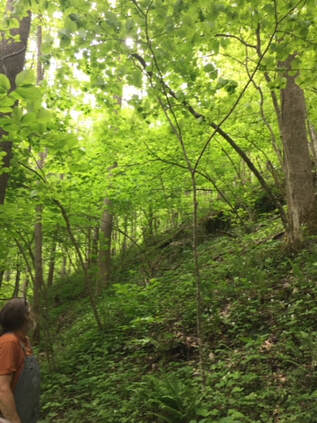
Magical Mountain is truly an appropriate name for Tracey and Peter's Farm! I was amazed at how agilely they scaled the mountainside. They wanted to find a way to live on their land full time and were thinking of creating a native nursery. They wanted to know what plants were already growing that they could propagate. They're pretty knowledgeable and already knew a lot about the plants that are there. But, there were some surprises...like this big witch hazel grove! We found some edibles they didn't know about and some rare medicinals, along with identifying some dryad's saddle mushrooms they had been wondering about. They were excited to know what they were and cook them up for dinner! I love dryad's saddle because a dryad is a tree nymph. It's so fun to imagine them riding on the mushrooms!
"Abby is amazing!!! She surpassed all my exceptions for my land survey! We can now use our property to its full potential since Abby has identified our edible and medicinal plants! She is an expert and was able to answer all of our questions thoroughly. I would recommend this for every house hold and also makes a great fathers day gift!" - Rachel E.
Rachel and her husband got a survey for themselves and one for their parents in Kentucky, too.
On another property survey in North Carolina, for two next-door neighbors, we were in a lush, biodiverse forest by a flowing stream. The owner said she had just bought some pawpaw trees to plant and thought that area seemed like the perfect place. A feeling of nostalgia came over me as I'm originally from Ohio and have sweet memories of foraging midwestern pawpaws . I told them I'd never seen pawpaws growing wild in this region. More magic! Her neighbor looked down at a big-leaved plant and asked what it was. I racked my brain in disbelief, thinking it must be a magnolia. I rolled the leaf in my hand and sniffed, a pawpaw! There was a whole patch of them right where they wanted to plant some! Later we found lobster mushrooms and much more.
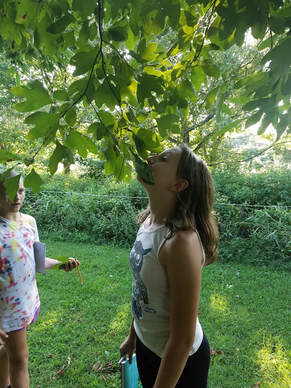
"Spending time with Abby is a gift. She is of-the-Earth. She helped us get to know a property that was new to us. Our survey piqed our senses and helped us to plan how we would move forward with loving on the land. So thankful for Abby bringing people and nature closer together." - Virginia R.
Ready to learn what food and medicine is growing on your land? Get all the details and schedule here.
Doug's Bio: Trained as both a Permaculture Designer and Fish and Wildlife Manager, Doug has extensive knowledge surrounding landscape planning and food production systems. This regenerative design and implementation work spans the globe ranging in contexts and climates, including tropical agro-forestry, Mediterranean organic gardening, and temperate suburban edible landscaping. To facilitate this work he founded TreeYo Permaculture, thus building off his other formal training in small business management. Incorporating this knowledge and experience into sustainability educational programming has now become Doug’s main focus as he continues his ecological design and holistic development primarily at Treasure Lake in Northern Kentucky and its bioregion.
If you're intrigued to learn more, join Doug and me at Planting Abundance, a day long learning adventure at Treasure Lake on May 18th.
Paw paw pulp
Some sort of milk - dairy, almond, coconut, or hickory
Some sort of sweetener (Doug prefers maple syrup from his land)
Put the pulp in a blender and add milk a little at a time, blending in between, until it's the consistency you like (custard-like is good).
Add sweetener, also a little at a time, blending in between, to taste.
Place in ice cubes trays and freeze.
Empty trays, filling a big freezer bag. Freeze and serve when needed.
Enjoy.
Try it? Like it? Have something to add to the recipe or share about your experiences with pawpaws or thoughts on the podcast? Please leave a comment below.
+Subscribe to the podcast on iTunes.
+Subscribe to the podcast on Spotifty.
+Subscribe to the podcast on Google Play Music.
Becky's Bio: Rebecca (Becky) Beyer is a farmer, forager, herbalist, woodcarver, and witch from Asheville, NC. She holds a B.S. in Plant and Soil Science from the University of Vermont and has been learning and teaching in the Primitive Skills community for the last 6 years. She teaches foraging professionally at Appalachian State University where she completed her Masters in Appalachian Studies in 2018. Her passions include botanical illustration, the folklore of Appalachian plants and writing her blog: Blood and Spicebush. She is currently stewarding land at the Hawk & Hawthorne, a community of magical people growing food and teaching classes on foraging and esoteric arts in Western North Carolina.
Becky's Spicebush Honey Recipe:
First off. Place spicebush berries in a clean, dry jar. I add enough good vodka to the berries to lightly coat them when swirling the jar around before I add the honey. See above. I like to rough the berries up a bit with a spoon. I smoosh 'em around to let that alcohol and honey soak on into the fragrant fruits.
+Subscribe to the podcast on iTunes.
+Subscribe to the podcast on Spotifty.
+Subscribe to the podcast on Google Play Music.
Here's some more info from the back of the book:
I wanted to give you a little free and helpful preview, so here's my elderberry and cough syrup recipes from the book (because I appreciate you so much). Use the elderberry syrup to keep you healthy the rest of the winter and the cough syrup, just in case you need it.
You can get your own copy of the Herbal Handbook for Homesteaders, and they make great gifts for friends and family, on Amazon here or buy it from me, here on my new website, for a signed copy made out to you or whomever you'd like. If you buy from Amazon, please leave a review, so we can help as many people as possible see it and empower themselves with their own herbal healthcare.
Here's some current reviews to get you excited:
Happy Reading!
Well, I'm here to say, "Have no fear, and get your taste buds primed and ready for some scrumptiousness!"
Lion Pot Pie is my cute name for Lion's Mane mushroom pot pie. Lion's mane, also referred to as monkey head mushroom, bearded tooth, satyr's beard, or yamabushitake, is one of several species of the Hericium genus of mushrooms, usually Hericium erinaceus. Both parts of the Latin name mean hedgehog (even though this is not the mushroom usually referred to as a "hedgehog"), and you can hopefully see why from this picture of one I found a couple weeks ago on a tree in South Carolina and a closeup of its spiny appearance.
Ecology: Saprobic and parasitic; usually growing alone or in pairs; fruiting from the wounds of living hardwoods (especially oaks); late summer and fall, or over winter and spring in warmer climates; widely distributed in North America....
Fruiting Body: 8–16 cm across; consisting of one, unbranched clump of 1-5 cm long, soft spines hanging from a tough, hidden base that is attached to the tree; spines white, or in age discoloring brownish to yellowish.
Flesh: White; not changing when sliced.
(Find more here: https://www.mushroomexpert.com/hericium_erinaceus.html)
I find this mushroom, it's a struggle to make a decision: eat it or make medicine with it? Hopefully, I find enough for both because both are fantastic! It is one of the tastiest mushrooms I know, some people say it tastes like delicious seafood, and one of the most medicinal.
The very first time I foraged this mushroom, I made a very unfortunate mistake: I washed it. Believe me, it was one of my best lessons and I'll never do that again! Some mushrooms, this one especially, are like big sponges; they soak up every bit of water they're exposed to. Better to use a clean paintbrush, toothbrush, or damp cloth, or it will end up tasting like a sponge!
There's some pretty amazing research coming out about lion's mane and its abilities as neuroprotectant and neuroregenerative superpowers for ailments like Parkinson's Disease, Alzheimer's, dimentia, and nerve damage (check out this study for more info:
https://restorativemedicine.org/journal/neurological-activity-lions-mane-hericium-erinaceus/).
It's also said to be anticarcinogenic and immunomodulating, like many other wild mushrooms, which is why I like to eat and/or take my mushrooms every day!
Now onto the cooking!
I got the idea for this recipe as a result of necessity being the true mother of invention! We were overloaded with a bunch of lion's mane (a good problem to have!) and were getting tired of eating pan sauteed mushrooms, so I looked around the kitchen and got creative. I found a recipe for gluten free chicken pot pie and tweaked it a little. I especially liked the recipe because it had an herb crust and only a top crust. Here's what I came up with!
This can be vegan if you choose the coconut oil option and egg substitute (here's a recipe for making your own from flax seeds). If you'd rather have a bottom crust and a top crust, just double the crust recipe. If you only have access to dried lion's mane, rehydrate by soaking in water first. Then, saute for a few minutes in a dry pan, until most of the moisture evaporates.
Crust:
1 cup gluten free all purpose flour (+ a little extra for rolling out dough)
½ teaspoon salt
1 tablespoon dried rosemary (or less if you’re not crazy about rosemary, or substitute other similar herbs)
¼ cup cold butter or soft (not melted) coconut oil
1 egg (or egg substitute)
2-3 Tbsp ice water
In medium size mixing bowl, mix together flour, salt, and rosemary.
Mash butter or coconut oil with a fork and mix into dry ingredients until crumbly.
Beat the egg in a small bowl and pour 3 Tbsp into the dough.
Add cold water 1 Tbsp at a time, mixing after each Tbsp. Stop when the dough forms a ball.
Put dough in a container and refrigerate while making the filling. You can also do this step a day ahead of time.
4 Tbsp Butter or coconut oil (+ extra to grease pan)
1 cup sweet potatoes, cubed into ¼ - ½ inch pieces
½ cup water
1 1/2 cups fresh lion’s mane mushroom, cubed into ¼ - ½ inch pieces
1 Tbsp rosemary (or to taste)
2 cloves garlic minced
1 medium onion diced
1 tsp salt of choice (or to taste)
2 medium leaves kale chopped
1 ½ cups hot chicken or vegetable stock or 1 ½ cups hot water with 1 bouillon cube whisked in
3 Tbsp gluten free flour
If you put the crust in the fridge more than 30 minutes ago, take it out at least an hour before starting to make filling to soften (especially if you used coconut oil).
Preheat oven to 400 degrees.
Melt 1 Tbsp butter or oil over medium heat in large skillet.
Add sweet potatoes and water. Cover and let simmer for 8 minutes. Then remove lid and continue cooking until water is cooked off.
Pour Stock or bouillon mix into a 2 cup measuring cup or small bowl.
Whisk in flour until smooth. Pour over contents of pan.
Gently drape parchment paper, upside down, over the filling and loosen crust so it covers filling. Take a fork and press the edges that overlap the pan (running perpendicular to the edges of the pan). Cut small slits with a knife in a few spots in the crust to vent the steam.
Brush gently with remaining egg.
Bake for 30 minutes or until crust starts to brown and the filling bubbles.
Cool for 5 minutes, cut and enjoy!
Please let me know how it turns out and any thoughts or questions in the comments section below. Happy eating!
I am currently reading my new favorite book, Braiding Sweetgrass by Robin Wall Kimmerer (I am in love with this book, please check it out), in which the author talks about trying to figure out why goldenrod and purple asters look so beautiful next to each other. When she asked this before starting college for botany, she was told she should major in art instead. She was disappointed, understandably, that no one had an answer for her and didn't think this was an important part of botany. I agree with that sentiment. She later found out that, alone, both of these plants are wonderful pollinator attractors, but together they're a pollinator attractor super duo! So their collaboration is mutually beneficial, woah good metaphor for life!
As you can see above, the sturcture of the goldenrod plants can vary greatly. The top picture was in an open field, and the bottom on the edge of a woodland. They can have flowers only near the top of the plant on branching stems, or flowers in clusters along the central stem, between the leaves, and interesting structures in between.
As I said, they're in the aster family, Asteraceae, along with about one of every nine plants in the USA. If something has a flower that looks like the shape of a daisy (no matter size or color), it's mostly in the aster family. Though there are some asters that don't look this way, like the thistle below. They also have alternate, generally long oval-ish or narrow leaves with coarse teeth that come to a point at the ends.
You'll often see them with giant galls, or hard ball-like structures on the stem. These are caused as a result of the goldenrod gall fly. You can often cut them open carefully and find the living larva getting ready to eat its way out.
The Latin name of goldenrod's genus is Solidago, which means "to heal or make whole". This comes from one of its other common names, "woundwort", (referrring especially to the European species Solidago virgaurea) as it was found to be helpful applied topically for healing or binding tissue back together.
I like eating the flowers, partially just because it's fun to eat flowers. My favorite thing to make from them is goldenrod infused honey. This isn't the goldenrod honey you'll find at the store that involves the pollen of the goldenrod, it's made by harvesting the flowers, letting them dry a little (to avoid mold) and infusing them in honey for a couple weeks (check out the recipe in my new book, The Herbal Handbook for Homesteaders). I love to leave the flowers in for a whole beautiful sensory experience when I eat it.
Though some people (not me) don't like the slightly musky taste of the leaves, they make a lovely mild tea. I include the flowers and the leaves in an infusion, chopping coarsely and steeping, covered, for 20 minutes or more. This is a favorite tea of mine for the allergy season, as it's an awesome antihistamine, decongestant, and anti-inflammatory (basically anti-allergy). I also include goldenrod in allergy tinctures, adding a mucilaginous (demulcent) herb, like marshmallow root or rose of Sharon, to counteract the drying effect it can have.
Many people wrongly accuse goldenrod for their fall allergies, when it's actually ragweed, that's blooming at the same time, that is the culprit. Ragweed pollen is tiny and flies easily, getting into our sinuses and making us miserable. However, goldenrod pollen is giant and sticky, so doesn't fly well. It makes a fabulous ragweed antidote.
It's also a bladder and kidney tonic, helpful with urinary incontinence and urinary tract infections. Talk to your healthcare practitioner and do more research before trying, it can be contraindicated with chronic liver or kidney disorders or when diuretics are contraindicated.
FUN
This one I'm super excited about! Goldenrod makes a beautiful yellow dye! In my upcoming retreat: Retreat & Reconnect: Wild Color, our timing is perfect to include goldenrod as one of our natural dyes. Come join me and check it out!
Actually, with all the rain we've had, there's a cornucopia of fungi among us! It always amazes me when I come upon an abundance of choice edibles (that's what the fungal nerds call the super tasty mushrooms), and no one has noticed or harvested them. Mushrooms are sometimes called the meat of the forest because they have so much protein in them. So, if you're a vegetarian, looking for a free protein-rich meal, or wanting to know how to survive in the woods with the least amount of effort (hunting takes a lot of energy), then knowing your mushrooms is priceless!
Of course, I have to start with the obligatory disclaimer, becauase you may have heard the famous saying, "There are old mushroom hunters, and there are bold mushroom hunters, but there's no old, bold mushroom hunters!" It's for real, y'all! So, I'll say it again, Always have 100% positive identification of anything wild before you eat it! And if you don't know, ask. There's probably a local botanist/mycologist/forager who can tell you. If you can, go on a walk with someone knowledgeable (hint, hint, check out my upcoming walks here). To continue with that disclaimer, it's a lot harder and more deceptive to learn mushrooms (and plants) from books. The following is just an introduction. Please make sure you know before you eat! Also, none of this information is backed by the FDA, it's been compiled from research of studies and traditional history. These mushrooms are species that I've seen growing in the eastern US, but may be more widespread depending on species.
There are also plant or mushroom identification groups springing up all over Facebook. Here's a few good ones:
The Mushroom Identification Forum
Edible Wild Plants/Mushrooms/Trees, Identification & All Aspects Discussion
Herb, Plant, & Foraging Identification Workgroup
Plant Identification
Botany Everyday (my friend, Marc Williams' awesome by donation educational site, support if you can)
Do you have any favorite pages or sites? Please share in the comments.
And on with the mushrooms!
Turkey Tail
(Trametes versicolor)
The current research is showing that many wild mushrooms are not only medicinal, but anticarcinogenic, too. This means they supposedly fight and prevent cancer, and turkey tails are supposed to be one of the best. They are also said to be immunomodulators as well, meaning they are believed to be safe for folks with autoimmune disorders because, instead of boosting the immune system, they take it from where it is to where it needs to be. Nature is so cool, right?!
Chanterelle
(Cantherellus species)
When you harvest mushrooms, do yourself a favor and field dress them by cutting off the bottom part with the attached soil, giving them a light tap on the top to release any little insects, and bringing a little paint brush or a special tool made for this that has a curved knife on the top and a brush on the bottom, to brush out the soil stuck in crevices. The awesome thing about mushrooms is that they're the fruit of the organism, like an apple on a tree, so you can pick as many as you want without hurting it, since most of the life is underground or under the tree bark. (This isn't true of chaga, which isn't a true mushroom, so please don't overharvest it.)
The trick to chanterelle identification is that they don't have true gills. They're sometimes called ridges. Can you see them here?
- Don't wash them!
- Always cook them!
- Cut up any tender parts, saving the hard stalks (or stipe, if you want to get technical about it) for soup stock.
- Use lots of butter or oil! Again, they're like sponges, so they'll soak it right up.
- Really garlic and salt are the only other things you need, though ramp salt or a nice za'atar blend give it an extra fantastic taste.
- Give the mushrooms some personal space.
- Cook well, until they're crisp and browned on the edges.
Oyster
(Pleurotus species)
Oysters are probably the most abundant edible species with the longest season that you'll find in this region. This is partly because they're not very picky about which tree species they grow on. I've seen them on ashes and tulip poplars, but there are many more, and they can grow on living or dead trees. You have to catch them at the right time. Too late, and they're dried out, too wet, and they're mushy and gross. This is a good one to tap the top, because little tiny beetles like to hide in the gills. The oysters have a very specific smell to them that you'll always know once you've smelled them.
(Lactifluus [previously Lactarius] indigo)
These are pretty rare to see, but I had to include them because they're just so amazing. The milkcaps are a kind of mushroom that exude a milk-like substance from the gills, especially when they're fresh. They're not all edible, but these are. These even exude a blue milk! My friend and awesome forager, Jenifer, was remarking how incredible it is to see something that's naturally blue and doesn't make you vomit (or want to) when you eat it. Ditto to that!
(Hypomyces lactifluorum)
These may possibly be the most incredible mushroom! They start as a white, mostly inedible mushroom in the Lactarius or Russula genera (plural of genus), and are colonized by a different fungus to turn them orange and super edible. Woah, Mother Nature! These start having gills and end up with no gills or faint ridges. They smell and taste somewhat lobsterish and grow on the ground, usually in groups, but not clusters. Lobsters love to grow in pine forests, thought I've seen them in areas of more decidous woods, too.
(Armillaria species)
Honey mushrooms are definitely at leaste a 202 level mushroom, i.e. not for beginners! This is because they could be confused with a very poisonous mushroom called The Deadly Galerina. Here's what that one looks like.
There are ringless honey mushroom and ringed honey mushrooms. I find mostly the ringless in the Midwest, which are also blamed for causing possible gastric upset, which can possibly be prevented by parboiling them first. I've never experienced any problems with them. But it brings up a good point. For any mushrooms you're trying for the first time, it's a good idea to only try a tiny bit and wait 24 hours to see if you have a reaction. Anyone can be allergic to anything.
Once again, do not try eating this one at home until it's been shown to you by a trusted teacher! Look here for more info on the Deadly Galerina and here for more info on Honey Mushrooms.
Chicken of the Woods
(Laetiporous sulphureus or Laetiporous cincinnatus)
It's a very beefy mushroom, tasting like chicken. It can take awhile to soften it up, so my favorite thing to do with it is make "chicken" curry. Some people get gastric upset from this one, which I suspect is a result of not cooking it long enough. When you harvest it, make sure to get it while it's still semi-tender, or just take the more tender outer edges. It likes to grow on oaks especially.
Lion's Mane
(Hericium erinaceus)
We were about 3/4 through a pretty rough, overgrown hike through brambles and thousands of burs. It was Cincinnati summer, so in the 90s with like a bajillion percent humidity. We were worn. Then, I just happened to turn around at the exact right moment and gasped. Jenifer turned at the sound and shrieked. There's almost nothing better than foraging with someone who knows and appreciates the forageables as much as you do.
These are a species that can cause a major dilemma for me. I can't deciede whether to eat them or make medicine out of them. I think they are one of the most medicinal mushrooms in the world right now. They are said to be basically a miracle for brain function and nerve regeneration, great for memory and learning, for Parkinson's, Alzheimer's, and ALS, and repairing nerve damage. I highly encourage you to do your own research.
Again this one is very sponge-like, so definitely don't clean it with water. My advice would be to eat a little and make medicine out of the rest. They grow on several hardwood species, especially oak.
That is all for now. There's so many more I could have included and some I could have left out, but they are all special to me. As always, it's a perfect opportunity for gratitude. They are giving of themselves for our food and medicine. The least we can do is say thank you.
Please comment on your experiences with them below and which ones are your favorites. Forage on!
Here's a few lyrics for you:
"People,
People who need people
Are the luckiest people in the world."
While the rest of the lyrics can feel like a bit of an overly sentimental stretch, I can't stop pondering these first few lines. It plays over and over in my head. We all need people, right? And we can feel like the luckiest people in the world when we are surrounded and supported by great people, right?
While I originally thought my mission was to (re)connect people with nature, the more years I spend teaching, the more I realize that people are seeking and needing connection with other people often equally as much. That's not just true for my students, but myself, too. It gets lonely working and teaching alone so much. I have so many talented friends, I figured why not collaborate?! That way I can share their gifts with my students, as well as my own gifts.
I've had a dream for years now about partnering up with some of the best teachers I know. They teach amazing material, offering you, my students, a wider breadth of knowledge. The general idea is to create a whole weekend to immerse yourself in nature, to disconnect in order to reconnect, with nature, each other, to refill and rejuvenate. Called Retreat & Reconnect, I'll be offering a series of retreats where you get to spend two days walking the forest, learning basic botany, including identification of wild edible and medicinal plants, trees, and mushrooms; along with wild food cooking, herbal medicine making, and other awesome skills taught by someone amazing.
The first retreat is the last weekend of September and will be Retreat & Reconnect: Wild Color. Along with wild edibles (for a fabulous Saturday dinner that we'll create together) and medicinals (for making our own tea blends), we'll be harvesting wild plants and mushrooms to make natural dyes. Then, with instruction from my fabulous friend, Kelly Gaskill, we'll dye silk scarves and yarn samples to show a wide diversity of colors you can make from natural materials. And that's just the first of many retreats to come, including subjects like clinical herbalism, wild foods cooking, permaculture, and primitive skills.
We rarely take time to address our deepest needs, to retreat from the day to day stresses and noise and let ourselves relax and hear what our bodies, brains, and spirits are trying to tell us. A little bit of nature can go a long way.
Register now (to ensure there's enough materials and food for you) and join us!
In the Appalachian mountains of North Carolina, where I live, Ganoderma tsugae is the most common species, because it grows on dying hemlock trees (Tsuga canadensis, not to be confused with poison hemlock, Conium maculatum, in the carrot family). Unfortunately we have a lot of dying hemlock here, due to damage from the non-native insect the wooly adelgid. The past couple of years, I've found another species, Ganoderma sessile, growing on maple trees, when I've visited Ohio. Sessile means, "stalkless". There are other species, as well, and debate on how similar they are genetically, whether some may be the same species or not.
How to make reishi tea or stock:
Some people believe it takes a long time, 12 - 24 hours, to extract the constituents (medicinal components). If you harvest your own reishi, cut them into long, thin pieces before dehydrating. They're extremely tough and hard to cut once dry. They're dry once they break cleanly in half. You can break them into smaller pieces and grind them in a coffee grinder or leave in small chunks, and cover with at least twice as much water. (You can add veggies and herbs, if making a stock, or other roots, if you want to make a tea blend.) Bring to a boil, turn heat on low, and let simmer for around two to twenty-four hours. The longer you simmer, the more water you need. Strain out reishi pieces and enjoy! Some of y'all who know me well, know I'm a traditional Herbalist, so I'm not always big on exact measurements. If you want more details, check out this reishi article from my friends at No Taste Like Home.
If you make your own tea or stock, let me know (in the comments) how it goes and if you create any fabulous new recipes of your own. If you don't want to make your own, check out my reishi tincture on my Etsy site.
Co-written with Savannah Smith, previous intern. A republished blog just in time for reishi season.
The early spring greens are transitioning from their tenderness to a harder fibrousness. At this point, they're not as tasty as raw salad greens. So what do we do with them? Cook 'em up! I found out from my awesome homesteading friend, Meredith (also the incredibly knowledgeable and generous author of the new super helpful website lymecompass.net all about her family's journey with Lyme Disease, as a way to help others on their journeys with Lyme and other tick-borne illnesses) who grows lots of nettles, about nettle pancakes. How did I never know about these before?! Apparently they are super popular in Nordic countries, and called nokkosletut.
Stinging nettle, Urtica dioica, is the species most commonly thought to be medicinal. However, I like the taste of our wild wood nettle, Laportea canadensis, better. They are both in the nettle family, Urticaceae, with stinging hairs. Of course, to protect yourself from the stings, wear leather gloves, though the sting is medicinal, too, for arthritic conditions, gout, etc. I'll add any of a wide variety of wild greens to these, like dandelion, day lily, violet, and chickweed. Just remember to make any bitter greens, like dandelion, a small amount of the total greens, or you'll end up with bitter pancakes. You might like that, though. Remember how great for us bitters are?!
These are so simple to make, I hope you try them in many different reincarnations with different greens throughout the various seasons. Let me know, in the comments, your favorite additions and how they turn out. One awesome topping I came up with is fire cider aioli! Just mix some fire cider and mayonnaise until it gets to your desired consistency. I added some ramp salt for extra yumminess!
2 cups semi-loosely packed stinging or woods nettle leaves
2 plants-worth of medium sized dandelion greens (or about 20 leaves)
2 cups milk of choice
2 cups gluten free flour
2 eggs or substitute
1 teaspoon salt
1 tablespoon wild onions, chopped coarsely
1 tablespoon dried, crumbled bee balm, bergamot, or oregano leaves, or 2 tablespoons fresh
1 tablespoon olive oil or vegetable oil of choice, plus extra for skillet
Combine all ingredients in Vita Mix or other food processor. Run until just well mixed. Add more oil to skillet over medium heat. Ladle batter into hot pan so you have small (two inches wide), thin pancakes. Cook two minutes or until edges start to dry and they hold together to flip. Flip and cook another two minutes or until done in the middle and light brown.
Goat and other cheeses
Sour cream
Hot sauce
Aioli
Salsa
Happy foraging & eating!
Here's an example of what (a part of) your personal survey could look like. It is customizable so that you can reorganize it by common (English) name if you prefer. On my last survey, we found 72 species!
Are those the kinds of things you'd love to know? Or did you already know that, but want to know more about the most common and some less common plants of the eastern and central US, including how to identify them, grow them, harvest them, and make food and medicine out of them? Well, you're in luck!
The 2018 Wild Foraging & Herbal Medicine Making Apprenticeship program is starting sooner than you can say Stellaria! Here's all the details. Note that we have a brand new location, just outside of Asheville, to make it more convenient with lots of foraging spots! Because this program is so hands-on, there are a very limited number of spaces available, so register now.
From a previous apprentice:
"[The apprenticeship] has been one of the best and most rewarding experiences I have ever had. I have learned so much from Abby and plan to continue. I would highly recommend to anyone who has an opportunity to attend a class, workshop, or her WANDER School, to DO IT!" - Lisa S.
Past apprentices have valued the gift of a day a week spent in nature. That simple time is life changing. Throughout the seasons, we become a close community, connecting to the earth, the plants, and each other, growing and learning together. This program is for all levels of plant enthusiasts, removing intimidation and fear of wild plant identification, teaching basic to intermediate botany, demonstrating herbal formulating techniques and so much more through a mix of the following and more (*season and weather dependent):
- Hands-on Foraging/Wildcrafting (including instruction in safety, ethics, sustainability, and proper tools and foraging techniques)
- Processing foraged/wildcrafted items (with information on preservation, cooking, and storage)
- Herbal Medicine Making (of a wide range of herbal formulas and products, with samples and recipes to take home)
- Small amounts of herb gardening (including seeding, multiple propagation techniques, and harvesting for medicine making)
Apprenticeship Dates (subject to change)
Wednesdays 10-4:00 at Sacred Mountain Sanctuary in Candler, NC
Spring:
4/11, 4/18, 4/25, 5/2, 5/9, 5/16, 5/23, 5/30
Summer:
6/20, 6/27, no class July 4th, 7/11, 7/18, 7/25, 8/1, 8/8, 8/15
Fall:
8/29, 9/5, no class 9/12, 9/19, 9/26, 10/3, 10/10, 10/17, 10/24
$480/season, or $200 off if you sign up for all 3!
Register here now
Or get more details here
More inspiring words from a past apprentice:
"I feel like progressed more in plant identification in the few weeks with Abby than the rest of my time as a forager." - Carolyn D.
How can you substitute tasty healthy treats for sugary treats? Think about substituting more natural sweeteners that don't spike your blood sugar. Try subbing maple syrup for sugar at a one to one ratio. You'll have to adapt your recipe a bit, to account for changing a solid to a liquid, but there's so many great recipes online these days. You could also try stevia, which doesn't raise your blood sugar at all. Make sure you use the green herb and not the white processed stevia. However, the taste may need to be acquired for some people and some never like it. Coconut sugar or molasses are other options, though eating a lot of these or maple syrup can still raise your blood sugar, so moderation is key. Here's a good article to check out about alternative sweeteners. You can also lower your fruit consumption and switch over to fruits that don't raise the blood sugar as much, like berries, pears, and apples.
Here's my holiday gift to you, a gluten-free, dairy-free, processed sugar-free, yet scrumptious recipe to satisfy your sweet tooth and, in moderation, provide a healthy alternative to those other sugary holiday downfalls.
* A few notes about the recipe *
Any wild nut will do, or store-bought nuts, too. I prefer the cacao over the cocoa powder. I think it tastes more chocolatey and has more antioxidants. Cocoa powder is a fine, inexpensive substitute, just try to stay away from the dutched cocoa powder. The dutching process supposedly reduces the antioxidants. (Check out a study here.) My professional baker friend said she doesn't like the Bob's Red Mill gluten free flour because it tends to make the end product grainy in texture. She recommended using coconut flour instead. I haven't had a chance to try that yet, but I didn't notice the grainy-ness anyway.
Banana Cacao Foraged Nut Bread Recipe
Ingredients:
(In the large bowl)
2 cups mashed bananas
1 tablespoon vanilla extract (preferably homemade, look for a recipe here soon)
1 tablespoon apple cider vinegar (recipe to make your own)
1/4 cup coconut oil, melted
2/3 cup maple syrup
1/4 - 1/2 cup nuts of choice, coarsely chopped (I mix hickory and black walnuts)
(In the small bowl)
1 3/4 cup flour (I used 1 cup gluten free [add your favorite brand] and 3/4 cup rice flour)
1 teaspoon baking soda
3/4 teaspoon salt
3/4 teaspoon baking powder
1/2 cup cocoa powder or cacao nibs powdered (you can powder them in a coffee grinder)
Preheat oven to 350 (or 375 in higher altitudes). Mix the ingredients in the large bowl. Mix the ingredients in the small bowl. Mix the small bowl ingredients into the large bowl ingredients, stirring as little as possible, just until mixed together. Pour into a greased loaf pan or 7 x 11" baking dish. Bake for 35 minutes or until a toothpick or fork comes out clean, after poked into the bread. Let cool for 10 minutes before slicing. Enjoy!
Adapted from Chocolate Covered Katie's Chocolate Banana Bread
Wishing you the happiest, brightest love and joy-filled season!
Let me know how this recipe worked for you in the comments. Do you have other yummy healthy recipes you like this season? Post them below.
Though the holidays are a time of love, togetherness, and gratitude, they can also be a time of stress, misunderstandings, and grief. Today is my beautiful daughter's 15th birthday! I am so grateful she came into my life, and for all the joy and lessons she brings me. However, we're also still in a great amount of grief after having to put down our poor puppy last week. Lots of folks go through great amounts of pain this time of year over the loss of loved ones currently and in the past.
So what can we do about it? Well, it's always important to count our blessings and be grateful for all that we have. But it's a fine line, we also need to grieve and feel our feelings, too, so they're not suppressed to explode later or cause deep physical or psychological issues. I've found being in nature and around those I love, plus journaling and meditation, all help tremendously. Find the self-care that works best for you and practice it continuously. Sleep and nourishment are huge!
Of course there's herbal allies, too! I have several faves, that's why I created a formula around them: my Harmony tincture, containing mimosa, hawthorn, St. John's wort (not recommended to take if you're already on antidepressants), and lemon balm. You can find it at my new Etsy shop here, or try one or a mix of several of the herbs in tea or tincture on your own. They can be great for any kind of heartache, depression, or seasonal affective disorder (SAD).
In Asia, mimosa is called the "Tree of Happiness". Most people take it as a tincture of the flowers, leaves, and sometimes bark or twigs. In Dana Tate Bailey's great article, she says she likes to work with mimosa especially for grief and with those people stuck in loss or dealing with heartbreaking loss. She also reminds us how important it is to still feel our feelings and let ourselves grieve. I truly believe that. One of the great things about herbs, being natural, is that they can gently help move us along that process.
Moving into this holiday season, let's all try to have a little extra love and compassion for those around us. This time is stressful, and doesn't always bring out the best in any of us. And for those of us actively grieving or missing those we've lost long ago, the holidays can bring a little extra pain. Please reach out to someone and offer them a little extra love during this time.
Of course I can't go without mentioning how grateful I am for you! You are who I do all of this for, and without your support, I couldn't do it at all. Sending a big hug of thanks to you and wishes for a sweet holiday season!
Anyway, the because I love you reference is referring to my want to do what you folks are requesting, because that's why I do all this in the first place: to get much-needed knowledge out into the world. That's what community is all about, right? We support each other. In that vein, I'm committing to writing blogs more frequently and about things that you want to know. So let me know your thoughts on this one and what you want to learn about in the future, in the comments section. I can't promise to know it all, but I'll do my best to get some fun blog posts out on the ones I do know about.
In a great workshop I offered in Johnson City, TN (love ya, JC!) yesterday, my students wanted to know more about making their own apple cider vinegar. It's so simple and virtually free to make, I think this is something everyone should know how to do. Not only can you use the vinegar for all sorts of simple everyday things (I like to add a teaspoon to the oats I soak for breakfast every morning or soaking rice or beans, etc to help break down the phytic acid in those foods that can supposedly prevent us from absorbing minerals), you can also infuse herbs, wild or cultivated, into vinegar for an alcohol-free tincture or mineral-rich salad dressing.
Though making your own apple cider vinegar is a simple thing to do, there's a few little tricks that will make your end product more successful.
1. Get a bunch of apples, organic or low spray (if possible), and save the cores (and peels or pulp, if you're peeling them, making cider, etc). You can eat them or make them into something, like applesauce. This is an awesome super efficient way to use your apples because you get double duty from them: food and vinegar.
5. Cover with a cloth napkin or cheesecloth folded over several times (to prevent holes big enough for fruit flies to get in), and secure with a rubber band over the top.
6. Wait 2 to 4 weeks. It's normal and good to see a little floating culture starting to develop, but it shouldn't look fuzzy or smell bad.
7. Strain into bottles. It's a great idea to save old apple cider vinegar bottles for this purpose. Label with contents and date. Store and use in a bajillion different ways.
Try this at home and let me know how it turns out and what you do with the finished product. Happy fermenting!
The main difference between the two fritters is that the dandelion fritters have flour and cornmeal, and the wild greens fritters don't. We used gluten free rice flour, but you can use your fave flour. If you use something different or spice it up to your liking some other way, make sure you let me know what you did and how it worked. We chose rice flour and blue cornmeal for fun, and well, because it was what I had, and this is supposed to be easy.
Now the recipe:
DANDELION FRITTERS
Ingredients
⅓ c flour of choice (we used rice flour)
⅓ c cornmeal (we used blue)
1 tsp baking soda
1 tsp (or to taste) bee balm salt or salt and savory herbs
1 egg
⅔ c milk of choice (we used coconut)
1 ½ c dandelion flowers
Butter or olive oil
Directions
Mix dry ingredients together (except dandelions).
In separate bowl, beat egg, and mix in milk.
Mix dry and wet ingredients. Dip and coat flowers in batter.
Melt butter or warm oil in pan on medium heat. You can do a light layer to saute, or more to deep fry. (We sauteed in a mix of butter and oil.)
Cook until they start to brown. Flip and brown other side until crisp.
Drain on a plate lined with a paper towel. Enjoy while warm.
Makes 5 medium fritters. Recipe may be divided in half. Other wild greens may be added or substituted. Garlic salt or salt and garlic powder can be substituted for the ramp salt.
Ingredients:
2 c Purple Dead Nettle leaf, flower, and stem (Lamium purpureum)
4 Wild Onion tops and bulbs (Allium vineale)
¼ c Bee Balm leaf (Monarda didyma)
¼ c Sochan leaf (cutleaf coneflower) (Rudbeckia laciniata)
½ c Violet leaf (Viola species)
4 Eggs
1 tsp Ramp Salt
2 TBsp butter
Directions:
Chop plant ingredients fine. If plants are wet, braise lightly.
Mix leaves and salt in a large mixing bowl.
Beat eggs. Mix into plant material so everything is coated with eggs.
Heat butter in pan over medium heat. Form into patties and put in pan.
Heat for about 4 minutes until patties hold together and are lightly browned on bottom.
Flip. Cook for about 4 more minutes until lightly browned on bottom and cooked through.
Garnish with a few sprigs of dead nettle and violet flowers.
Possible condiments: fire cider/hot sauce, sour cream, salsa
Each card has a photograph, captured by me in the field or forest, of a wild plant on the front. On the back, there is a description of the plant, including its English name, botanical name, family, identification characteristics, habitat, and edible and herbal benefits, with tips on harvesting and processing.
Chickweed's botanical name is Stellaria media. The first part of that (the genus), means "star" because of the way the flower looks star-shaped. The flowers have 5 petals, though they look like they have 10, because each petal is split into two lobes. This plant is in the Caryophyllaceae family, also know as the "pink" family or the "carnation" family. Gardeners often despise this weed that invades their garden, but it pulls up easily and is so nutritious and delicious, with its mild, delicate taste. It definitely makes a good case for the saying, "If you can beat em, eat em!"
I also like to add chickweed to my cough syrup and salves. It has been worked with for dissolving cysts, lowering cholesterol, and weight loss. It can also be applied topically in compresses for almost any kind of skin issue.
Let's get started with the wild pesto recipe...
- 2 c wild greens (chickweed, wintercress/creasy greens, purple dead nettle, wild onions, dandelion, daylily, etc)
- ½ c nuts/seeds (sunflower, walnut, pecan, etc)
- ¼ c + ⅛ c olive or other similar tasting oil
- 2-3 cloves garlic or an equal amount of wild onion tops and/or bulbs
- dash salt
Directions:
- Either don’t wash greens, or wash and spin or allow to dry.
- Grind garlic in food processor. Then add nuts/seeds and process until they make a coarse meal.
- Add the greens to the food processor and process until chopped.
- Add the first ¼ c oil and salt. Process to combine the oil.
- If pesto, is still too dry, add the rest of the oil and process. If still too dry, add a tiny little bit more oil. If too wet, add a little bit more greens. This is great for dipping, topping toast or leftover burgers.
Last night my sweet daughter encouraged me to wear my pajamas inside out so it would snow. It is incredible to me that she still does this at 14, and I hope she will never lose this! It is more of this innocent wonder, belief, and play that I want to bring into my life. One of the first things I remember thinking in the dream, when I thought my life was over, was that there was so much more I wanted to do, and I wished I had time for big, bold adventures.
When I do my yoga in the morning, I usually listen to some kind of inspiring podcast. This morning's was The Art of Creation through Desire. The part that most hit home for me was near the end, (spoiler alert) when they talked about how playtime is vital to a creative life. I think we all probably know this, though maybe subtly, and even if we do, it can be easy to forget. It can be so easy for me to get so stuck in planning and doing mode that I start running on empty, with no inspiration, which doesn't accomplish anything.
Winters can be hard for me: cold, a lack of vibrant, growing flora, lots of time inside spent planning, often in front of the computer. I honestly think the only way I survive the season is by ingesting a healthy dose of Vitamin N: Nature. A friend recently posted something about how native cultures often don't have a word for "nature" because there was no separation in their minds between us and nature. I believe it is that separation that creates a lot of the depression, seasonal affective disorder, and many other current issues in our culture.
It can be so tough for me to get motivated to get outside this time of year (yes, even me). But once I am out, it can be tough for me to motivate myself to go back inside. So, this morning, before an impending snow storm, I motivated myself to put on my insulated Carhartt's, my hat, scarf, gloves, boots, and big puffy jacket, and head out. A friend ended up joining me, and we kept remarking during the walk about how glad we were we got into the forest, and how great it was to be there. As we left, the first snowflakes dropped, like an affirmation that the hike was meant to be.
And just to give you a little herbal nugget before I leave, elderberry syrup (from the fabulous elderberry that actually binds with the flu virus to keep it from entering your cells), wild mushrooms (in tincture, tea, or stock), and Vitamin D, can all be great supplements to help you stay healthy this winter. Make sure to listen to your body, and get a little extra rest or quiet time for introspection, if that is what your body tells you it needs. Some antioxidant boosters, besides elderberries, include citrus, of course, but also sumac berries, rose hips, and evergreen needles (most pines, spruce, and fir). More on that next time...
What keeps you healthy and happy during the winter? Let me know in the comments. Wishing you much wonder, frolicking, and Vitamin N!
Want to help us continue to do this important work
of spreading botanical education during this difficult time?
Join us for ongoing education on Patreon starting at just 5 bucks a month
Become a Patron!
or make a one-time donation via PayPal.
About Abby
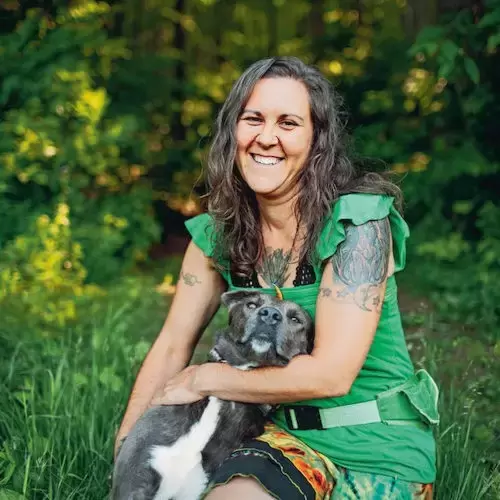
Browse Topics
All
Free Resources
Plant Walks
Podcast
Virtual Learning
Archives
November 2023
May 2023
April 2023
February 2023
January 2023
April 2022
January 2022
December 2021
October 2021
September 2021
March 2021
January 2021
November 2020
October 2020
September 2020
August 2020
July 2020
June 2020
April 2020
March 2020
February 2020
December 2019
November 2019
October 2019
September 2019
August 2019
May 2019
April 2019
February 2019
December 2018
September 2018
August 2018
June 2018
May 2018
March 2018
February 2018
December 2017
November 2017
October 2017
May 2017
April 2017
March 2017
January 2017
November 2016
October 2016
September 2016
Categories
All
Free Resources
Plant Walks
Podcast
Virtual Learning
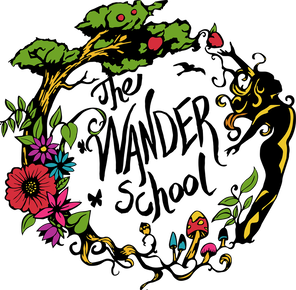
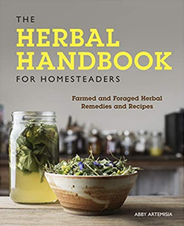

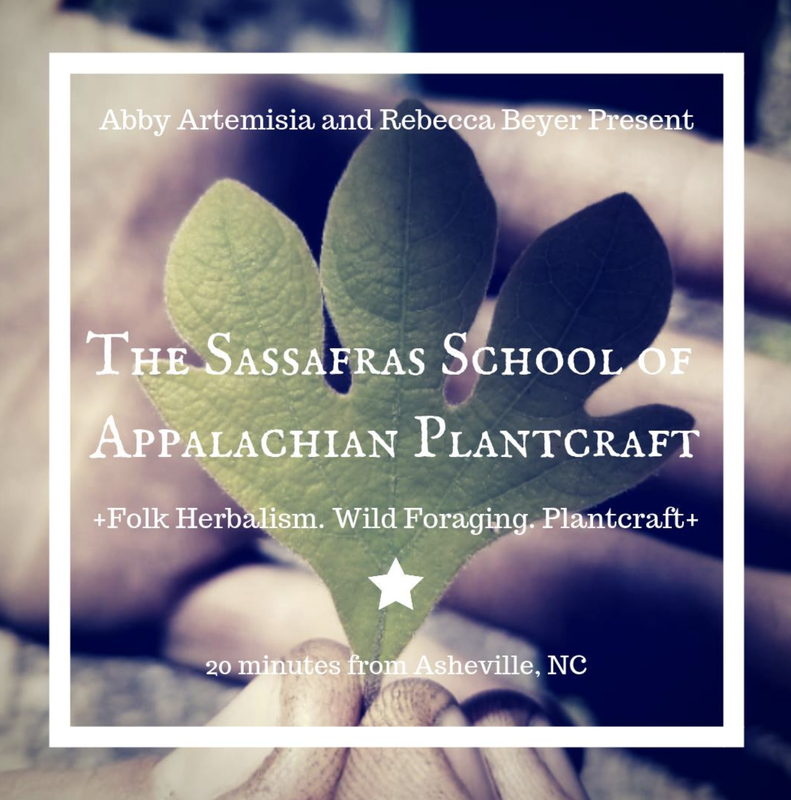

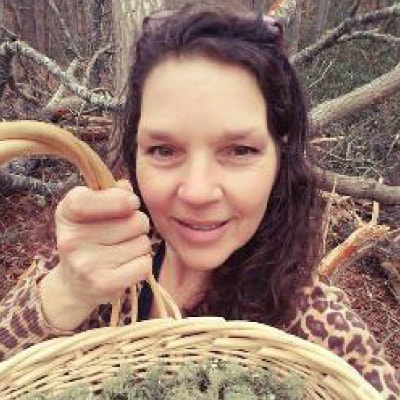
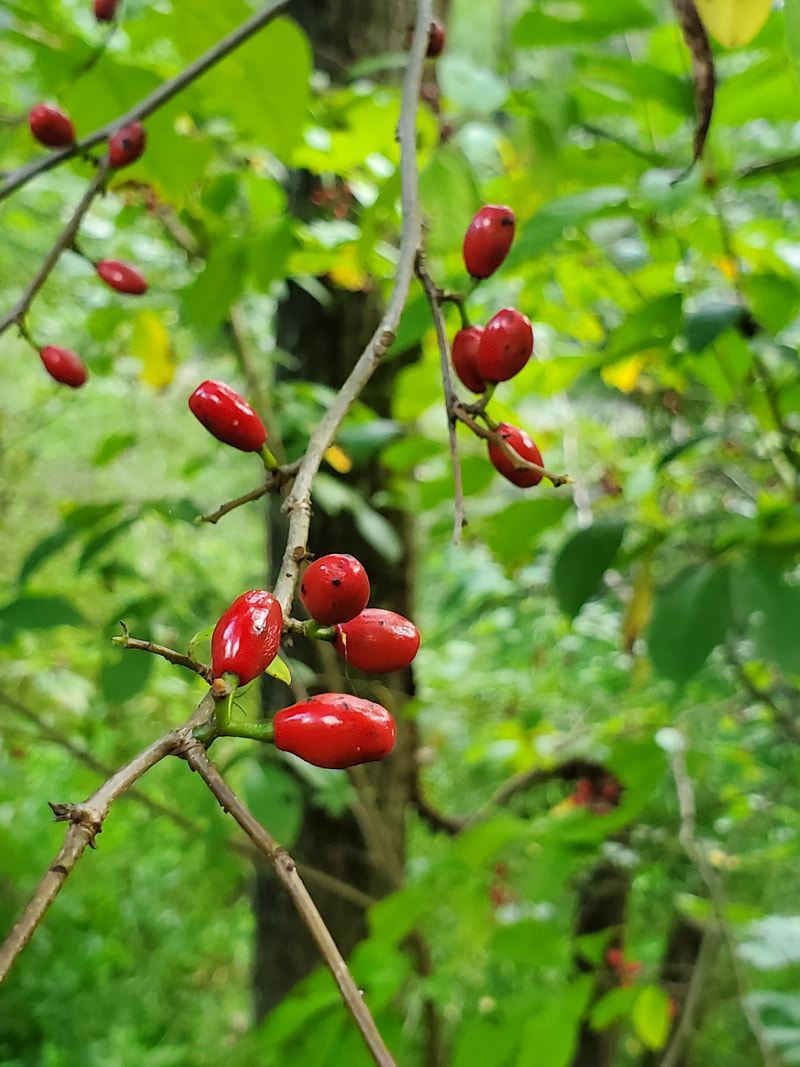
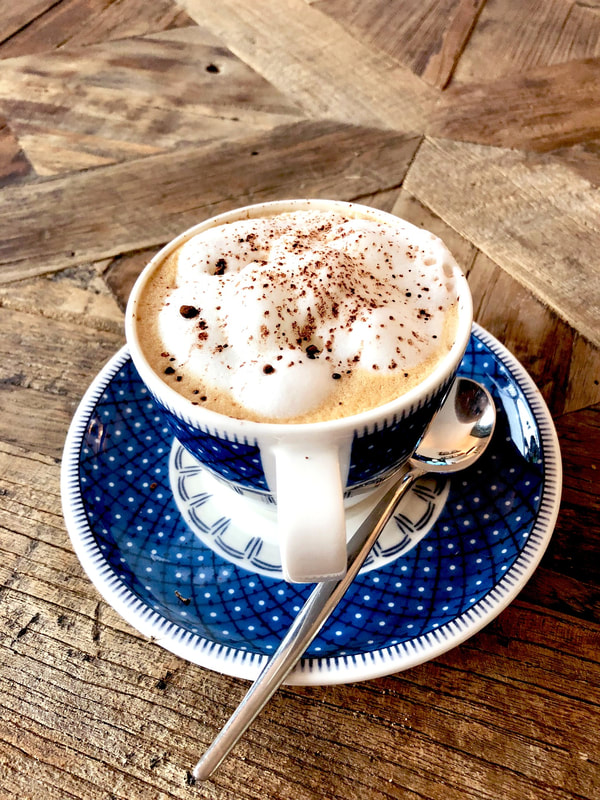
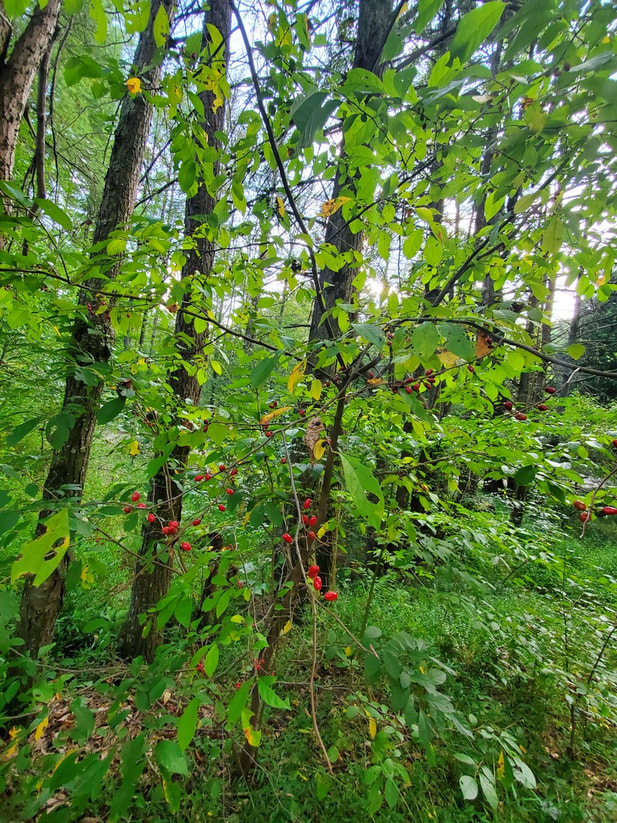
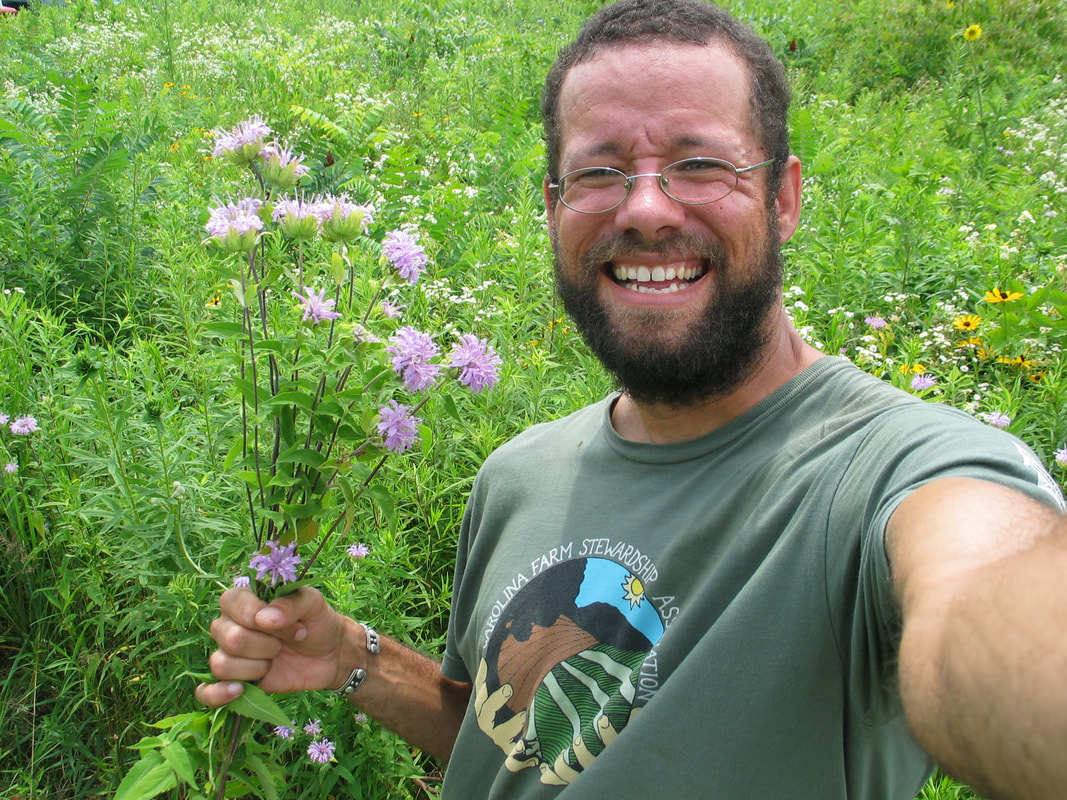
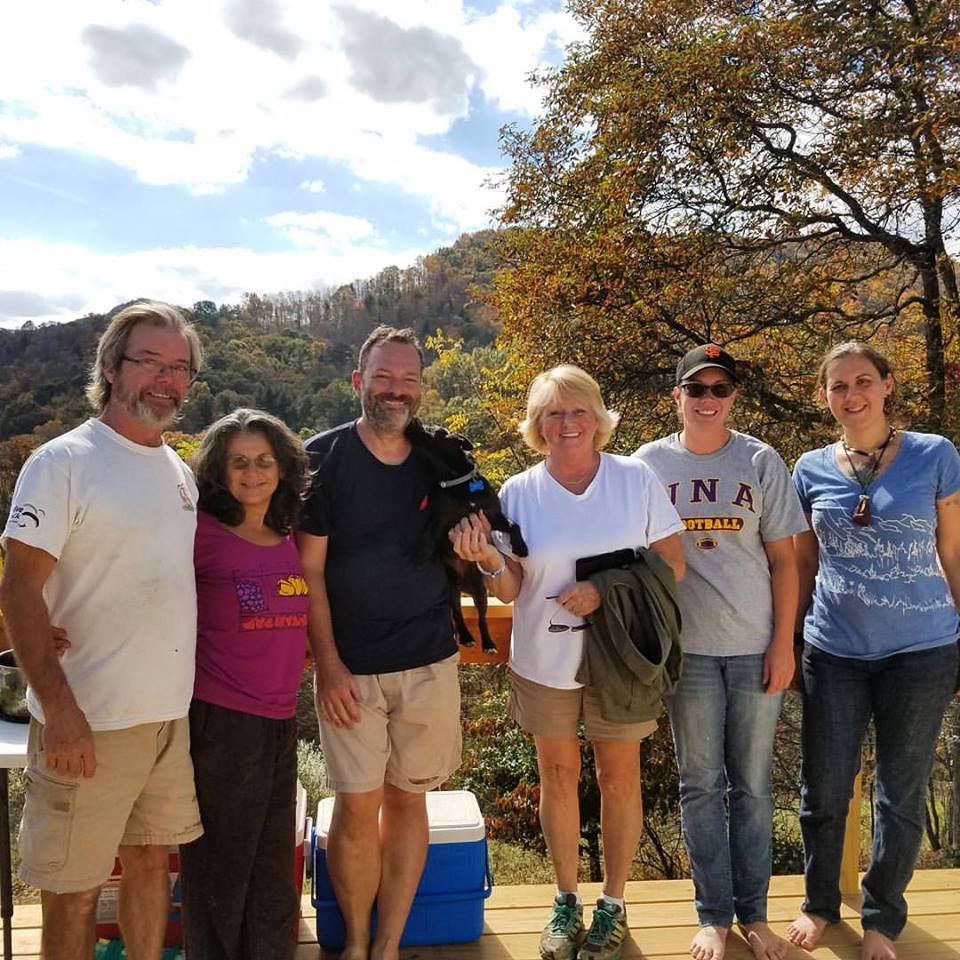
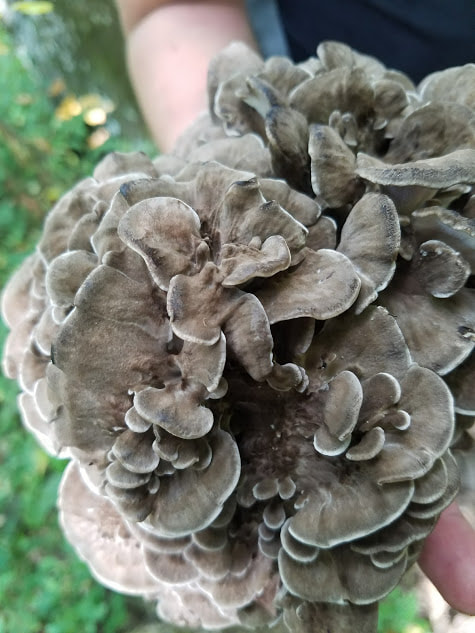
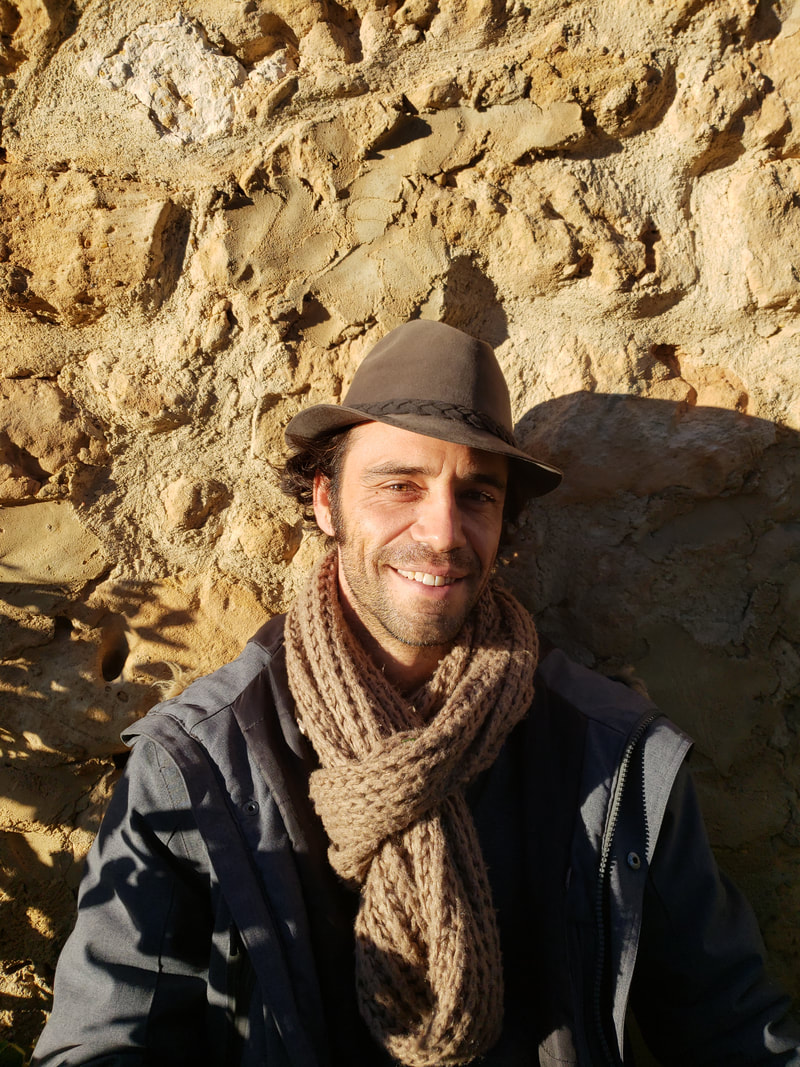
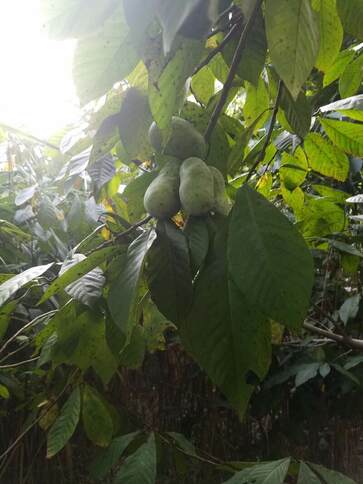
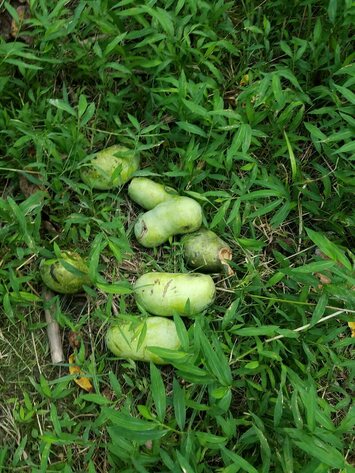
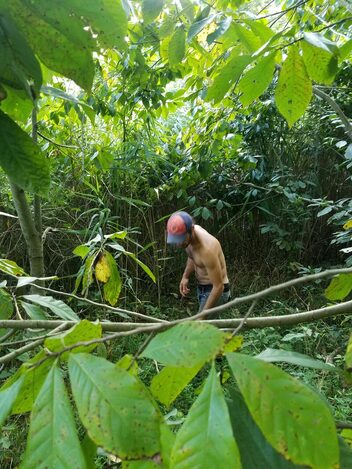
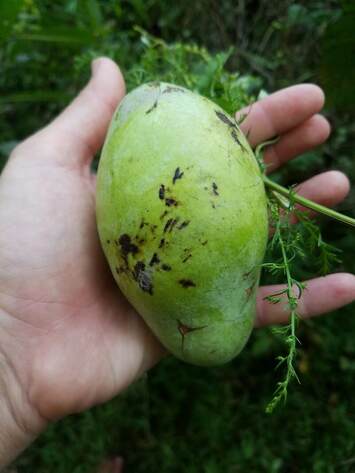
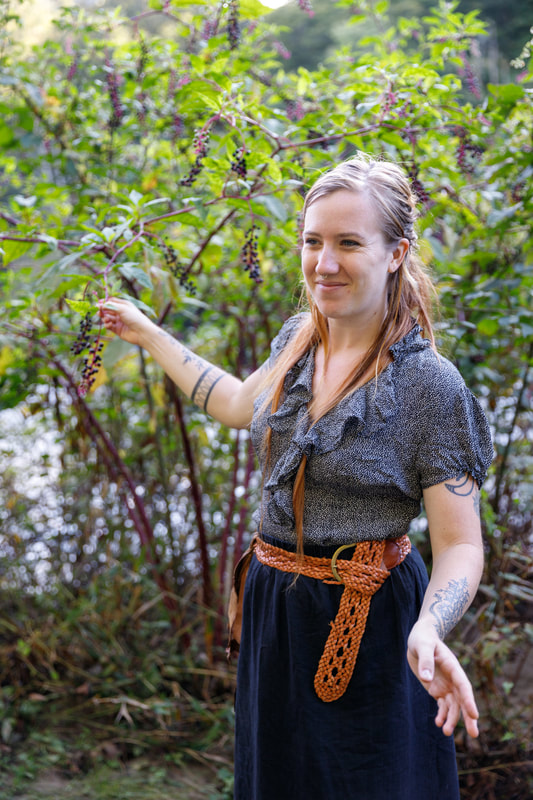
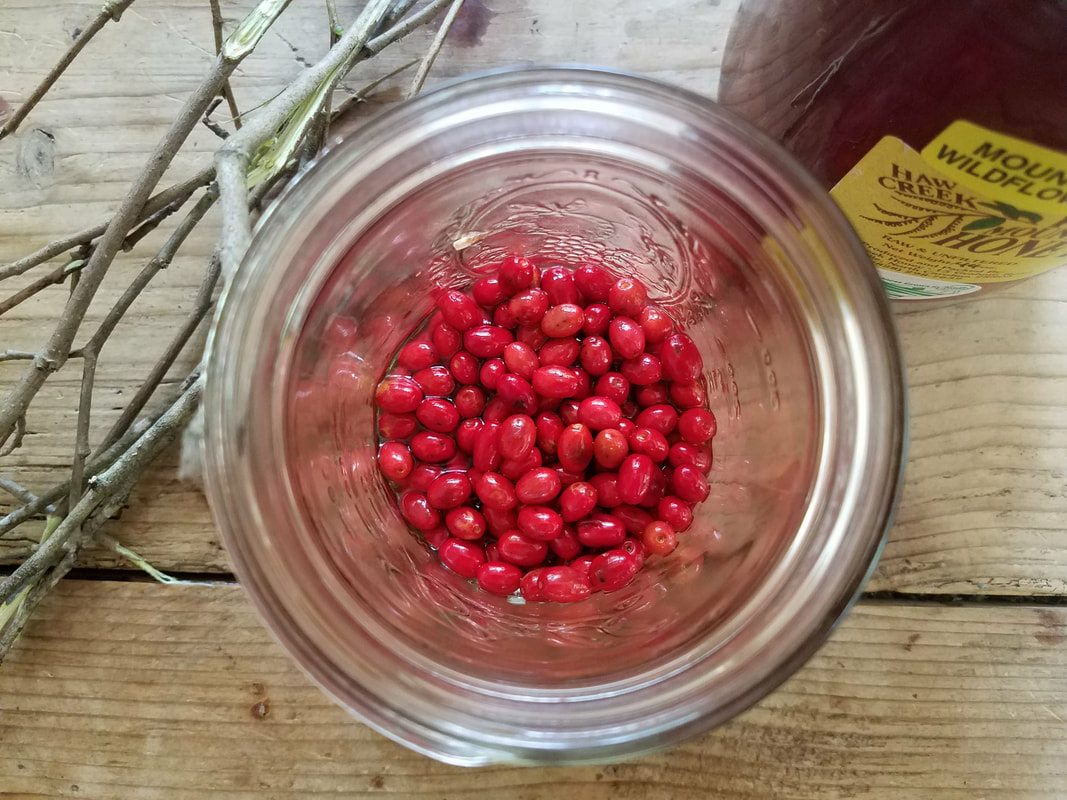
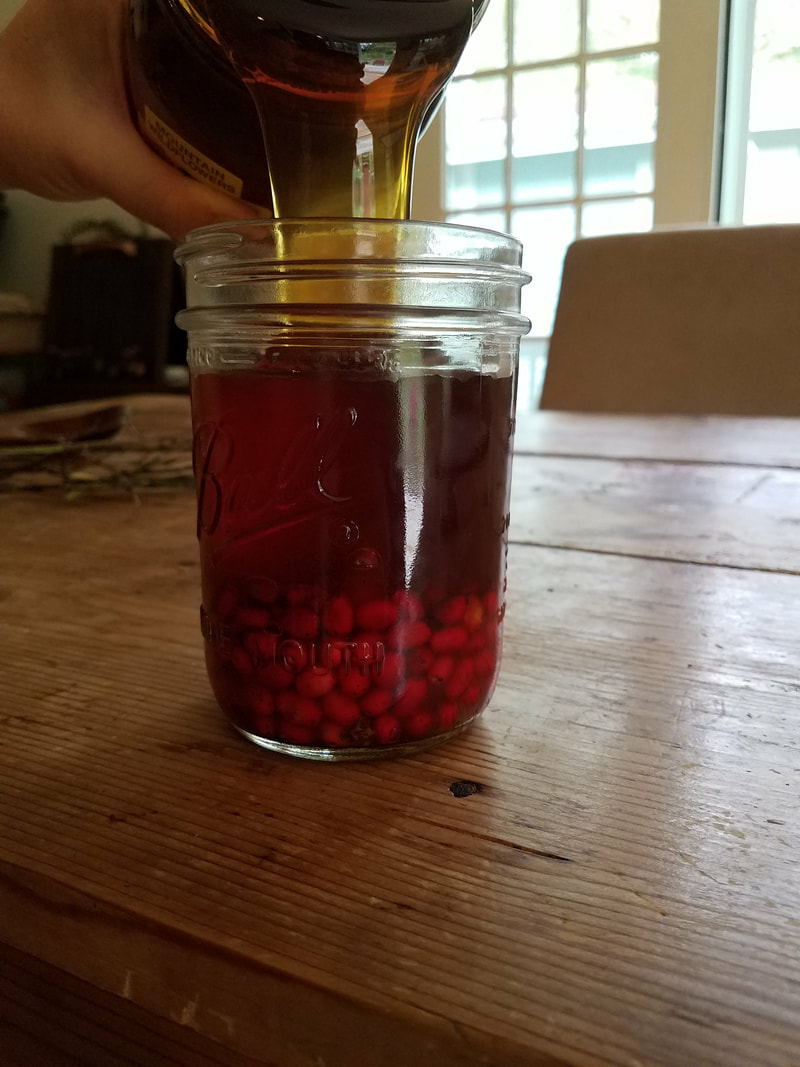
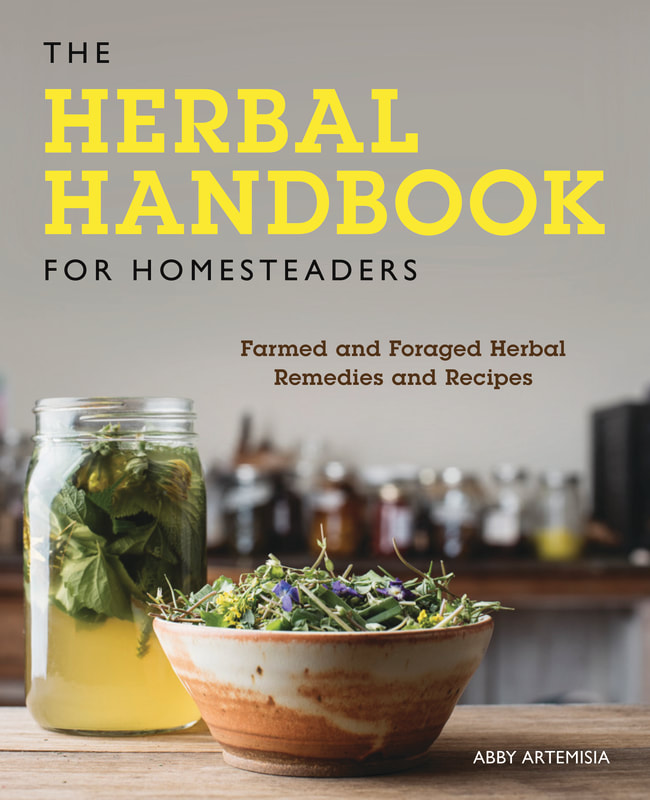
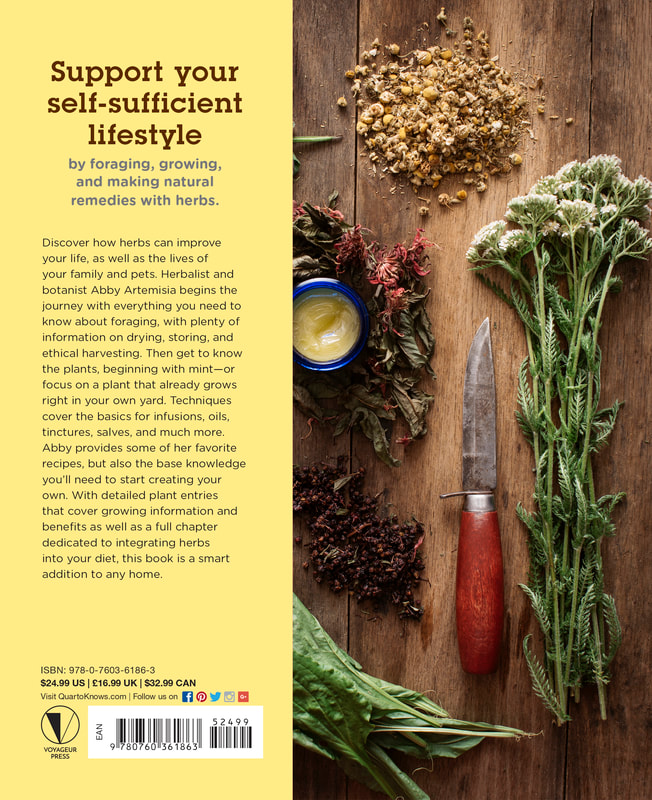
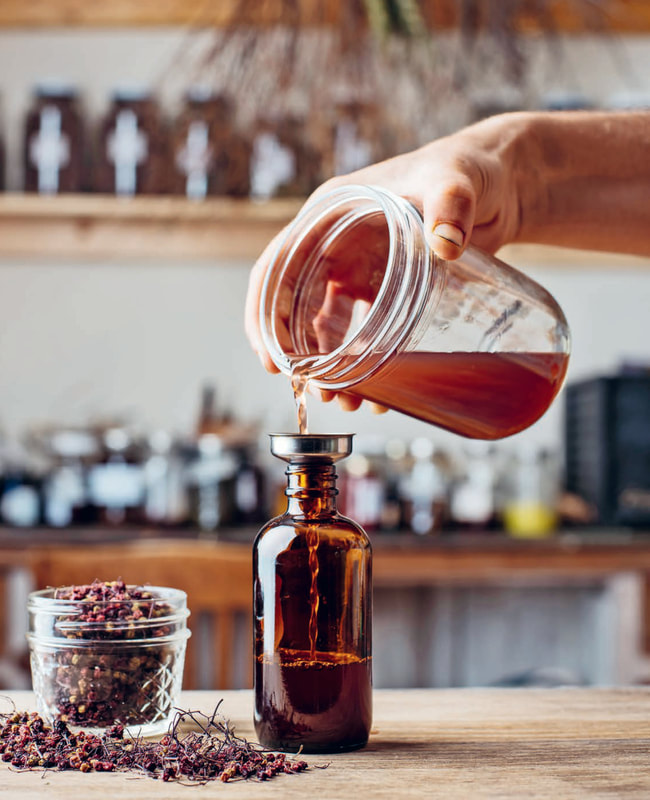
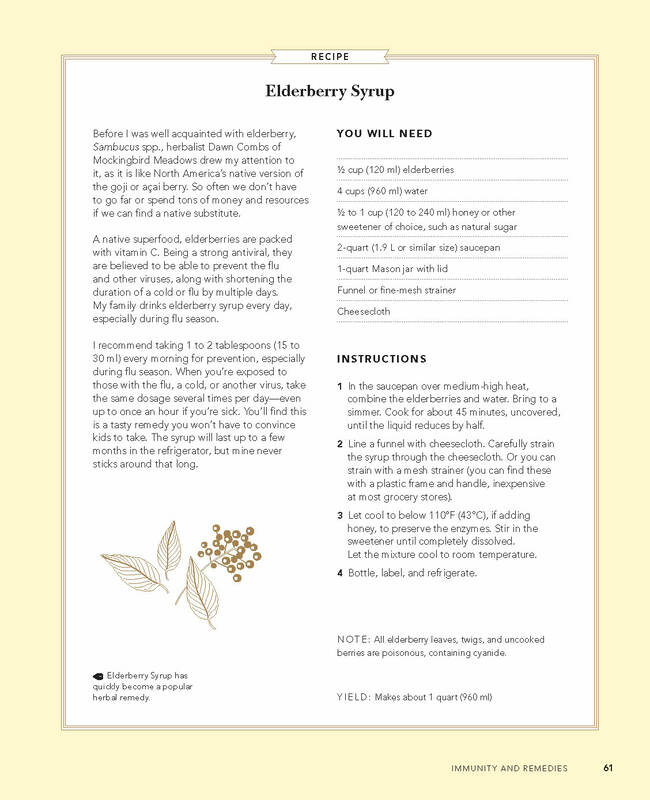
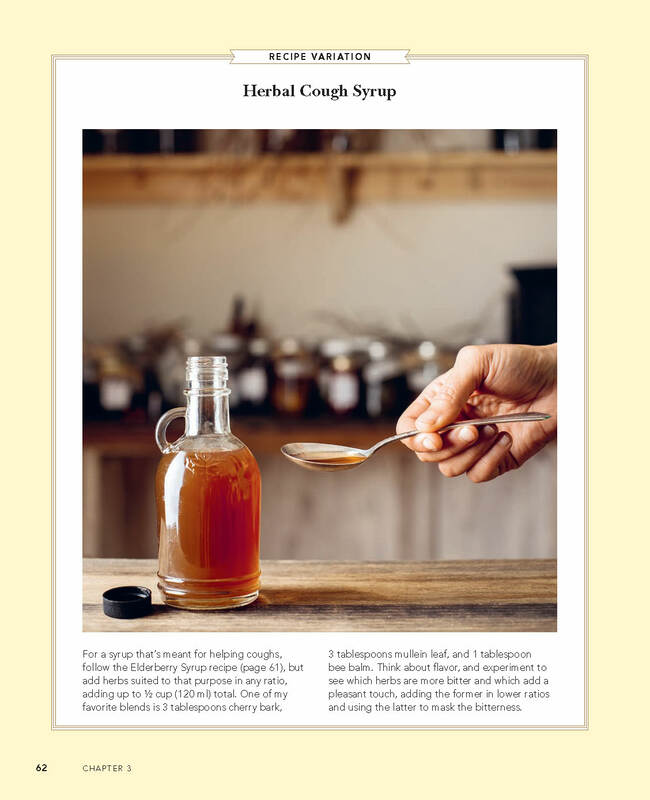
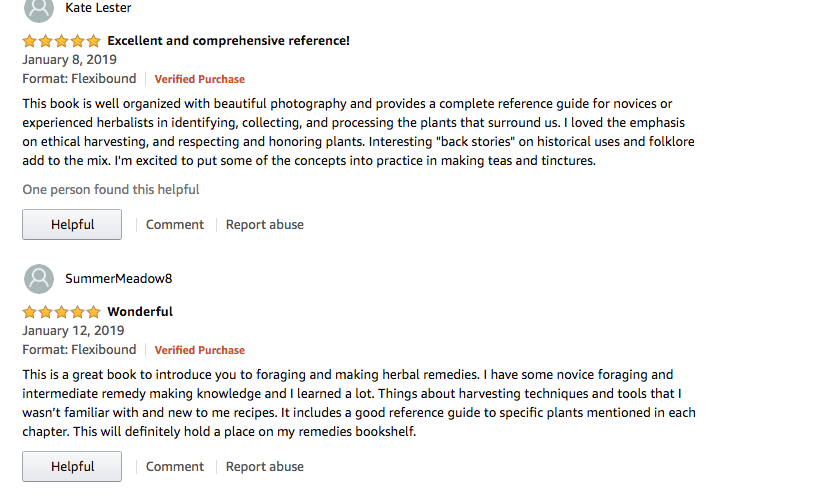
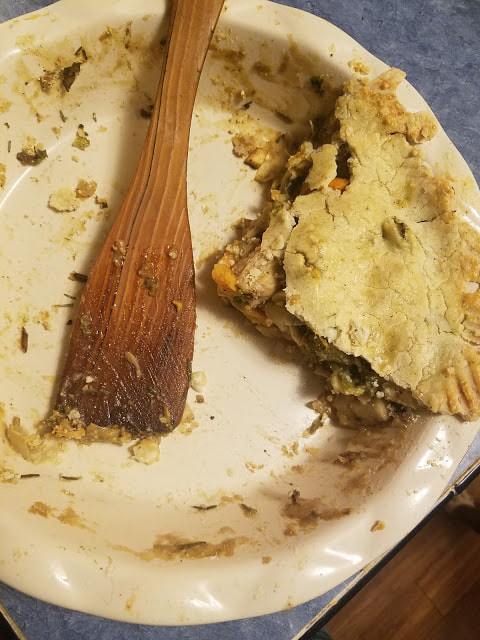
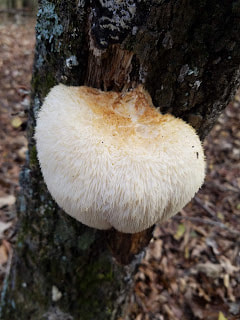
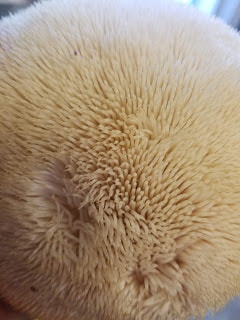
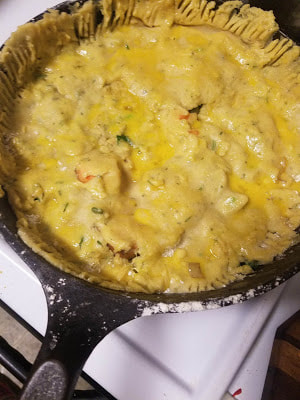
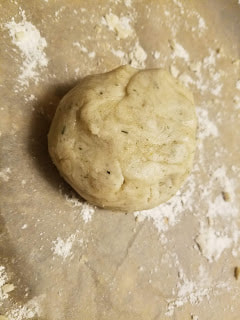
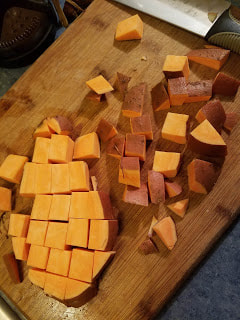
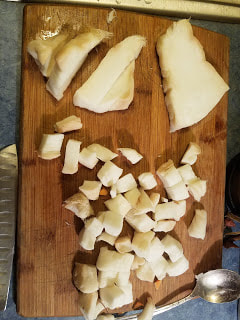
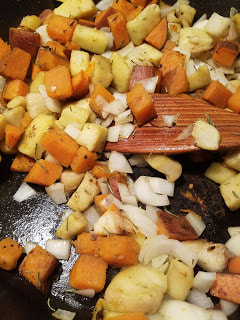
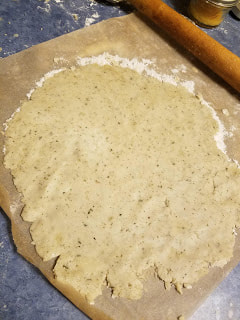

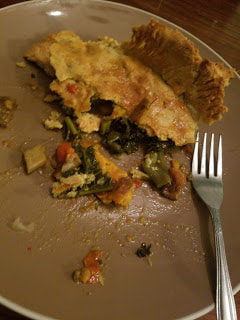
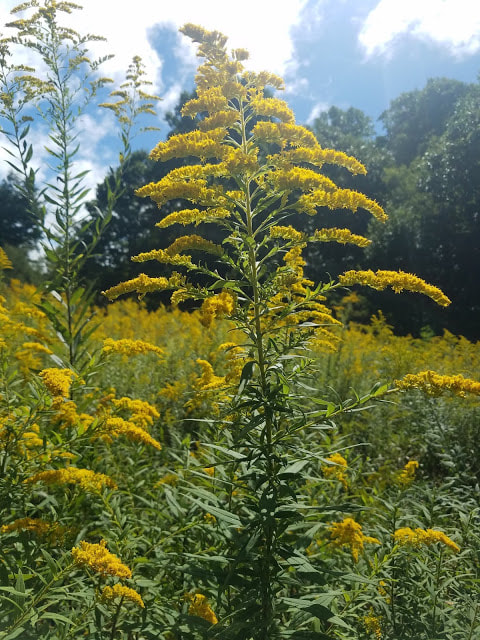
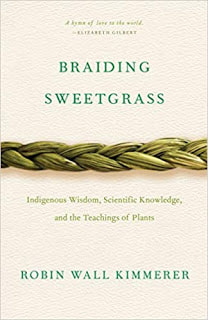
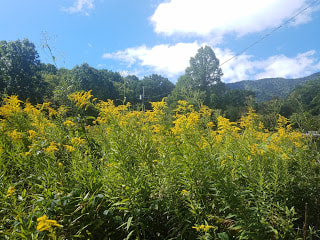
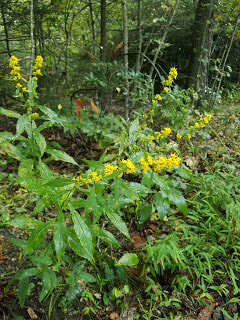
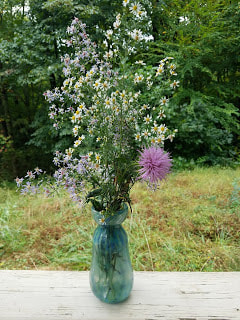
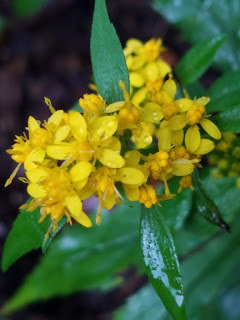
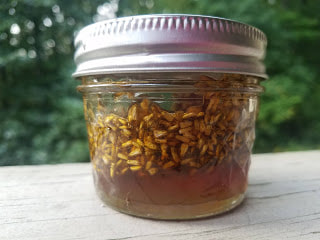
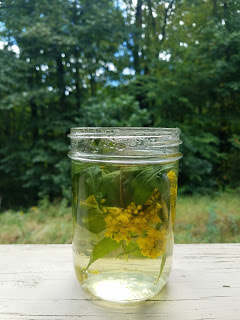
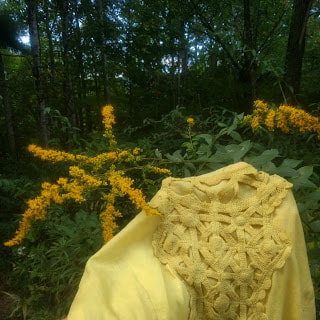
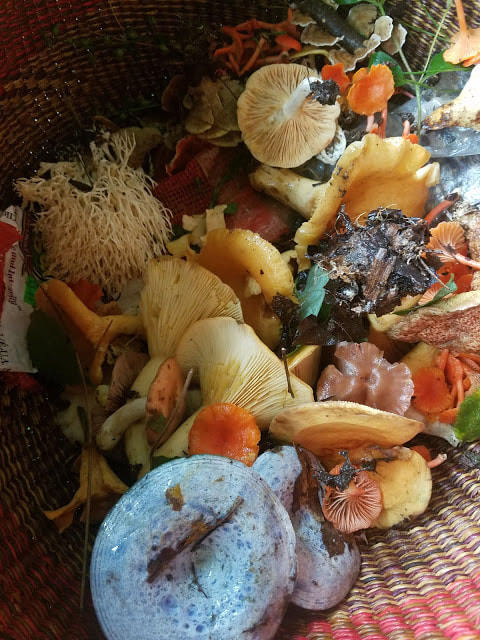
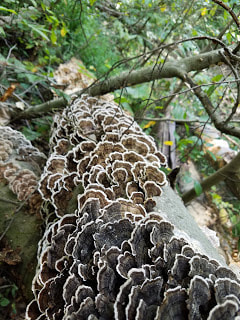
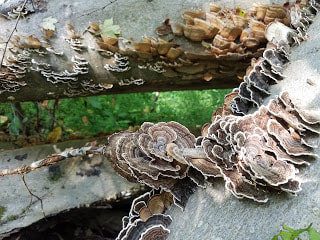
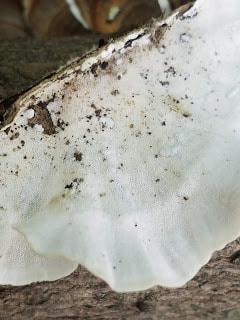
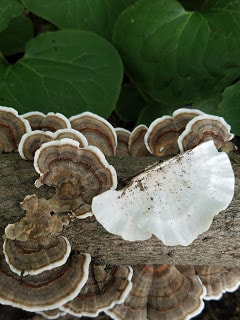
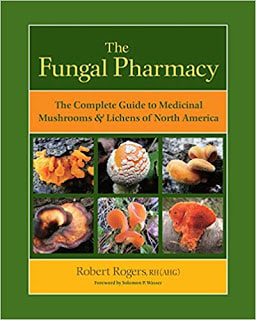
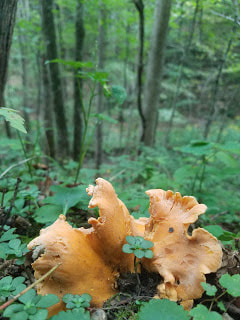
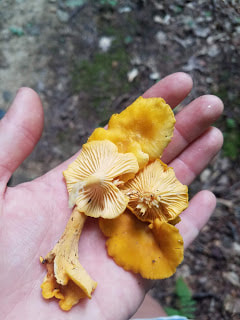
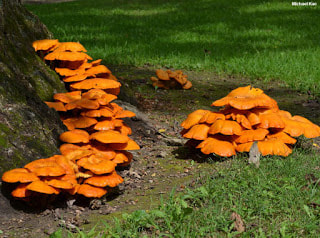
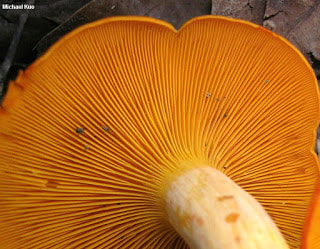
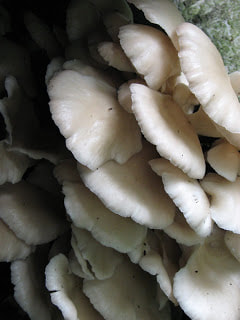
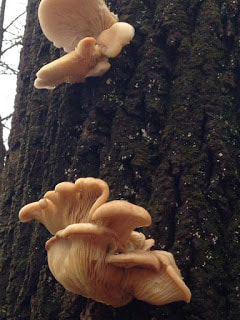
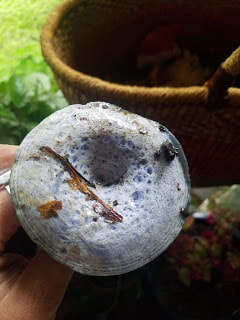
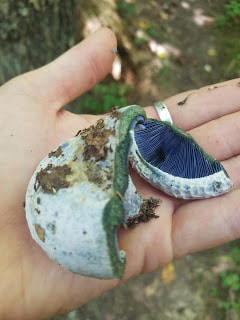
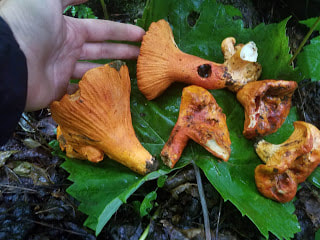
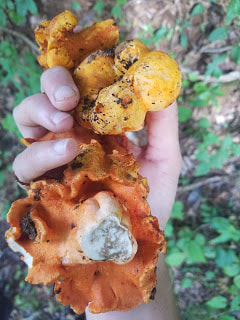
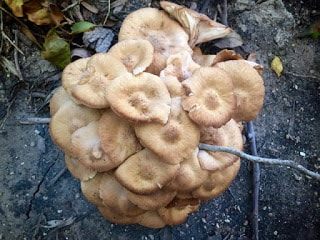
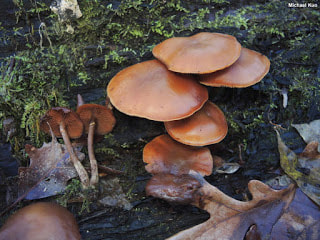
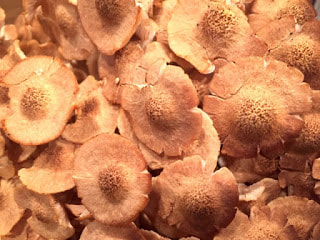
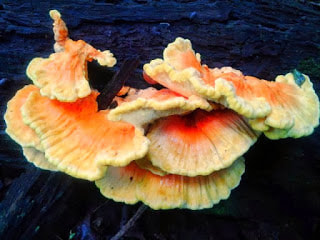
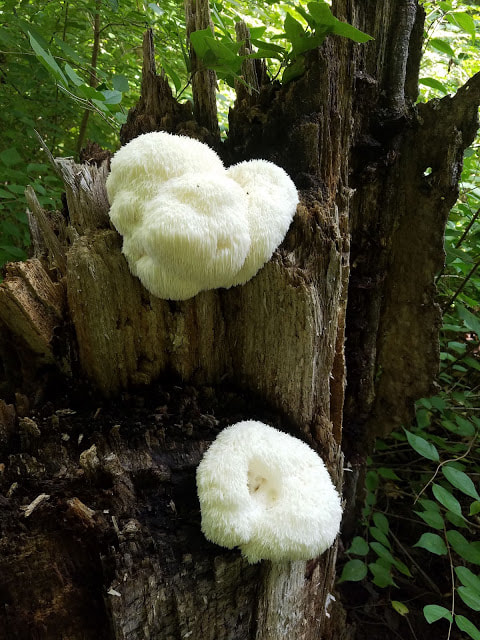
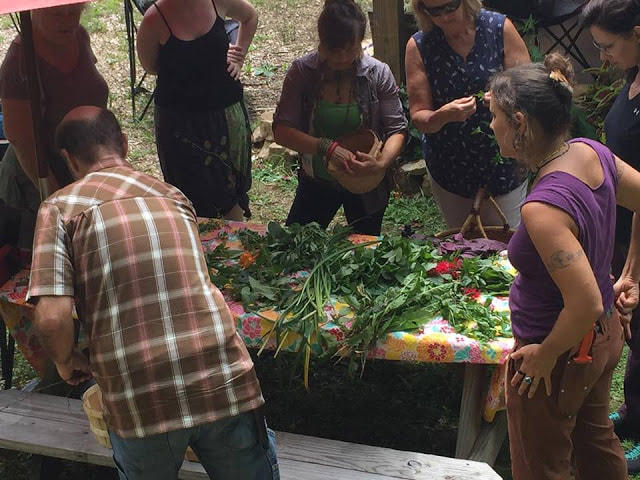
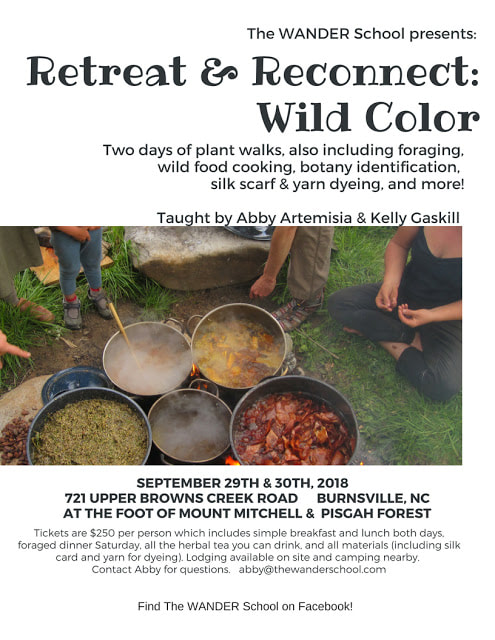
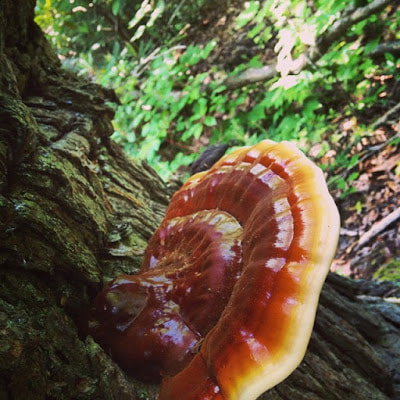
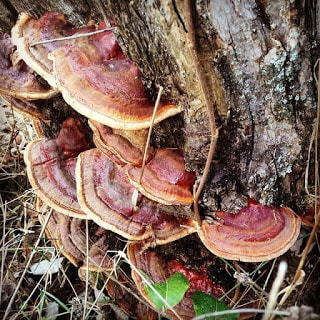
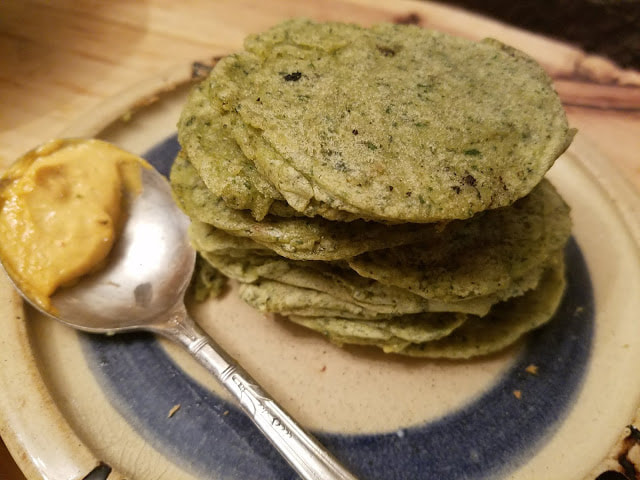
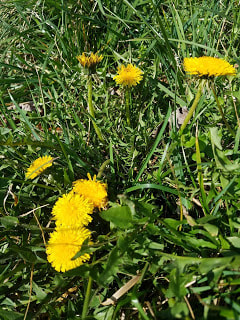
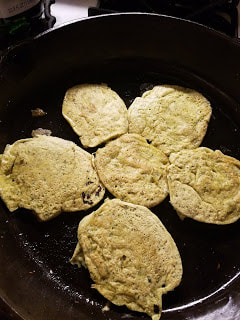
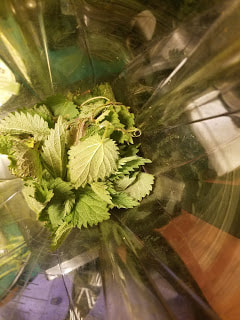
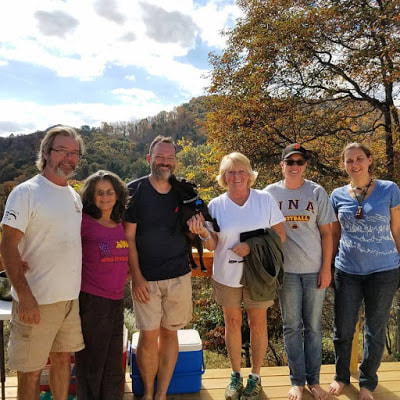
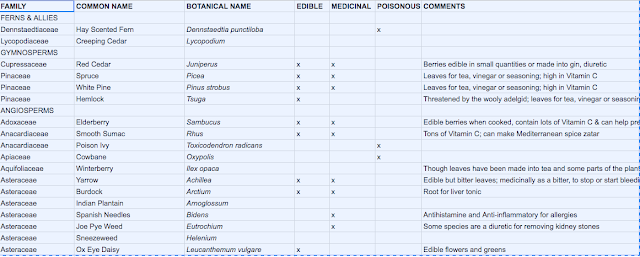
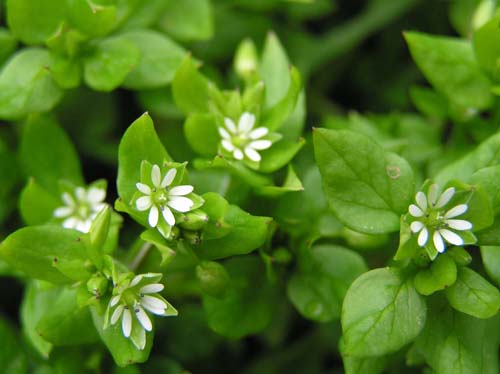
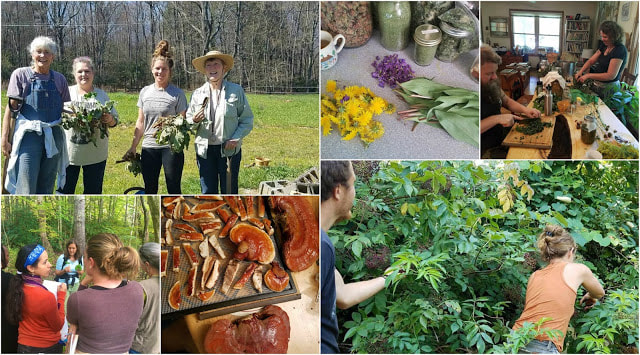
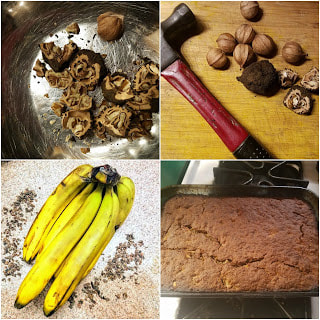
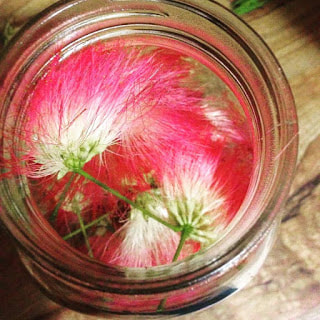
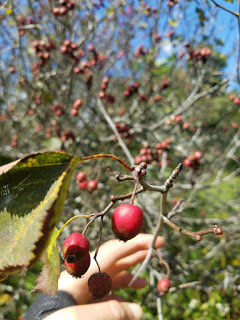
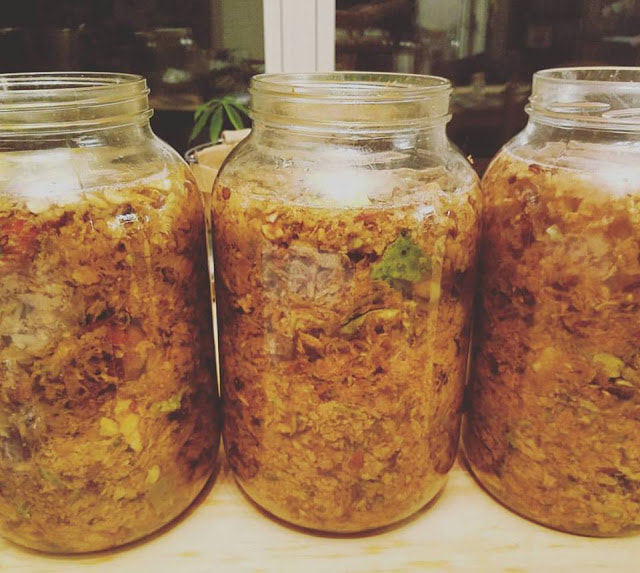
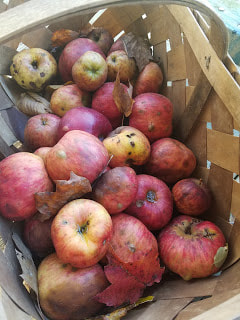
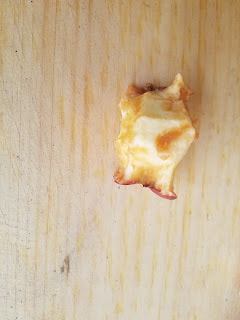
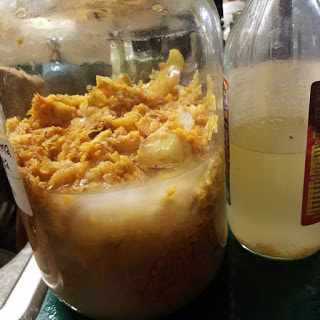
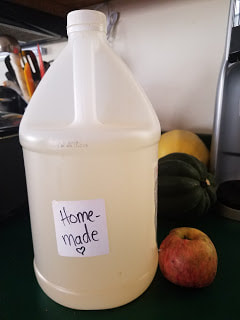
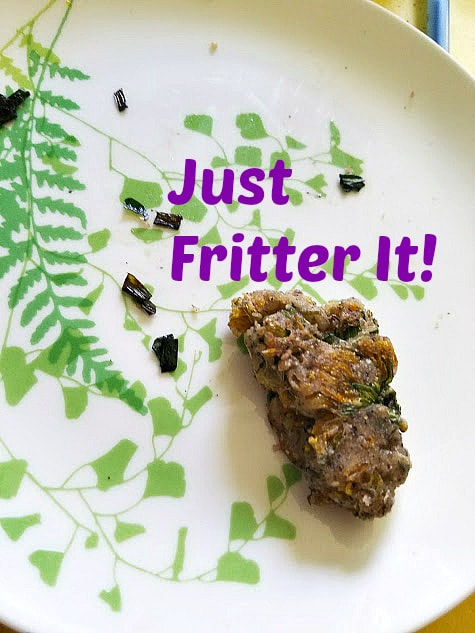
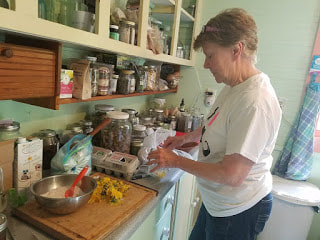
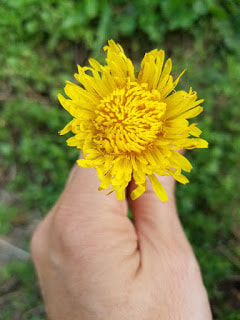
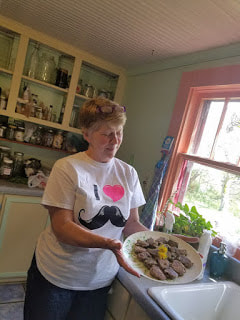
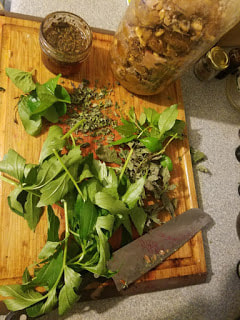
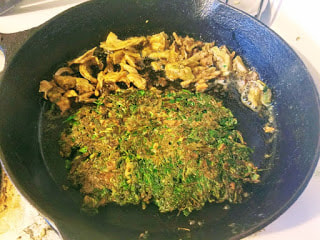
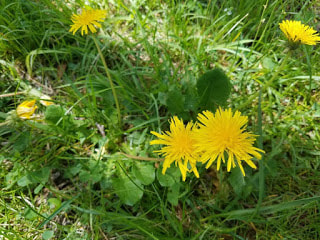
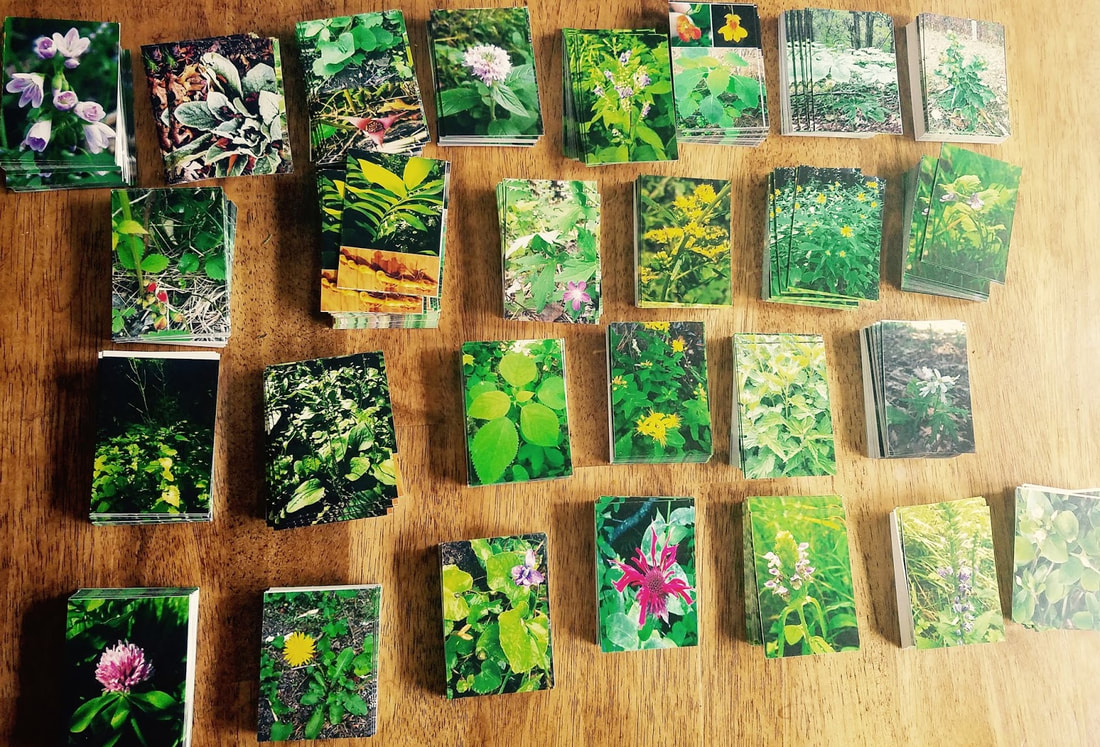
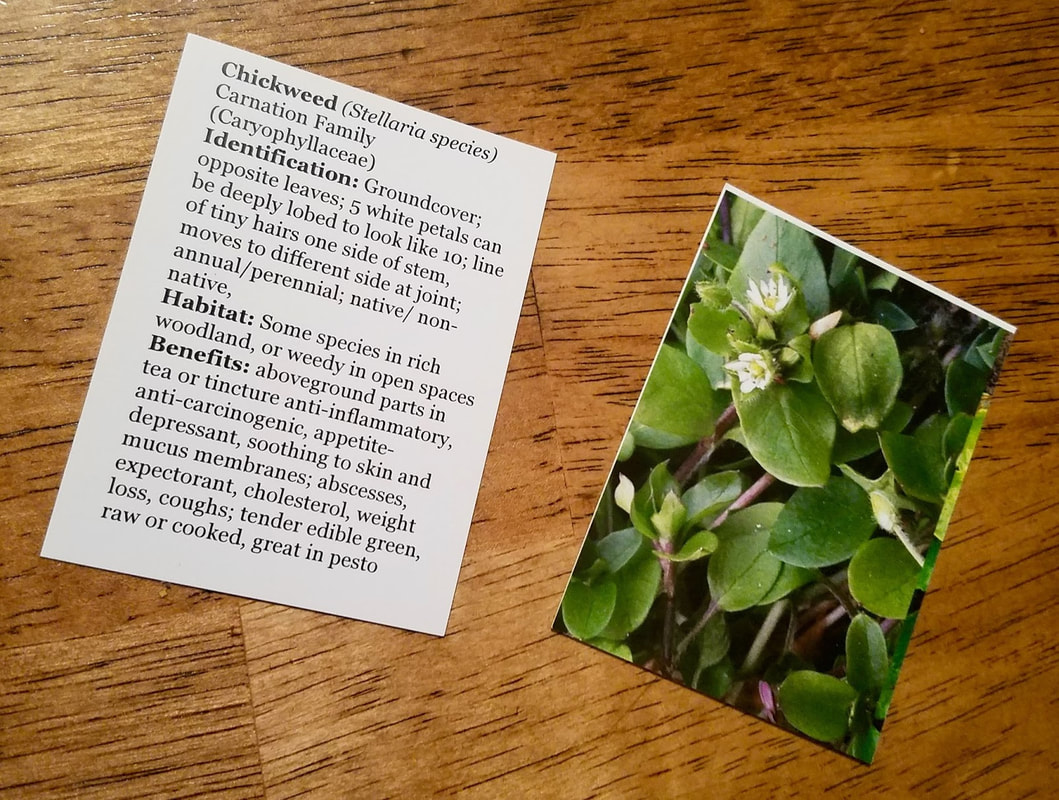
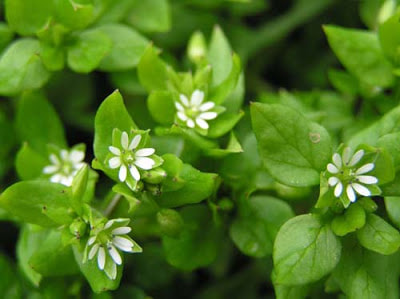
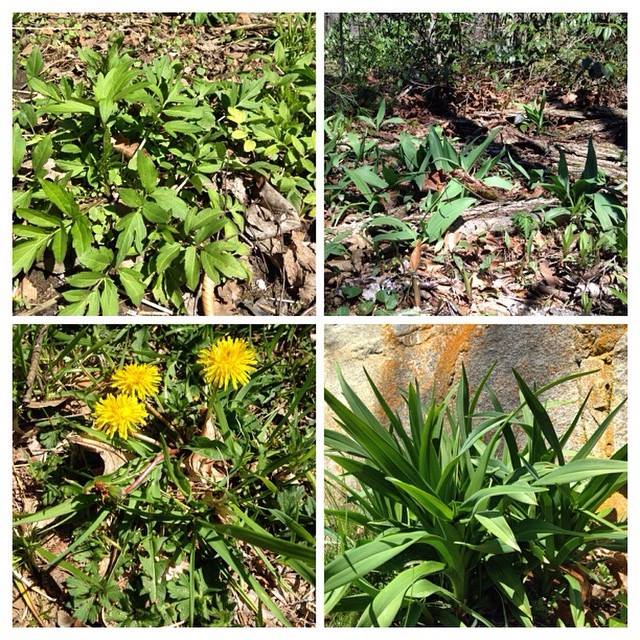
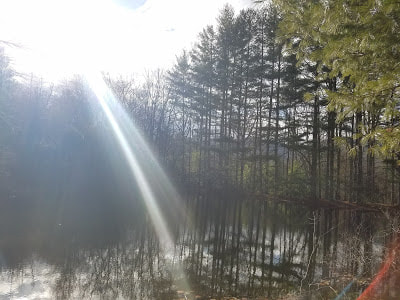
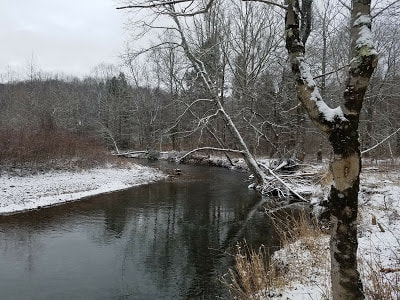
 RSS Feed
RSS Feed